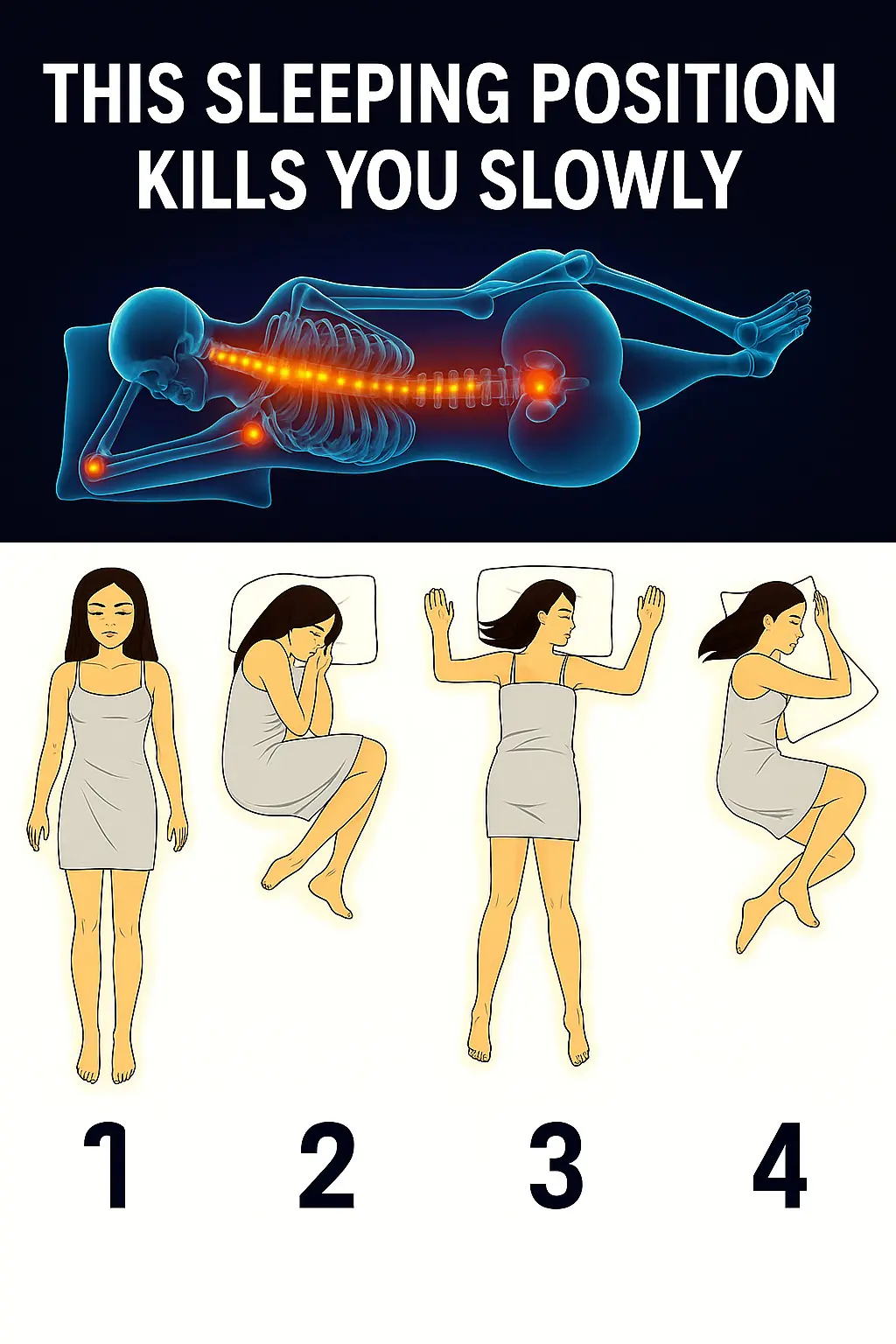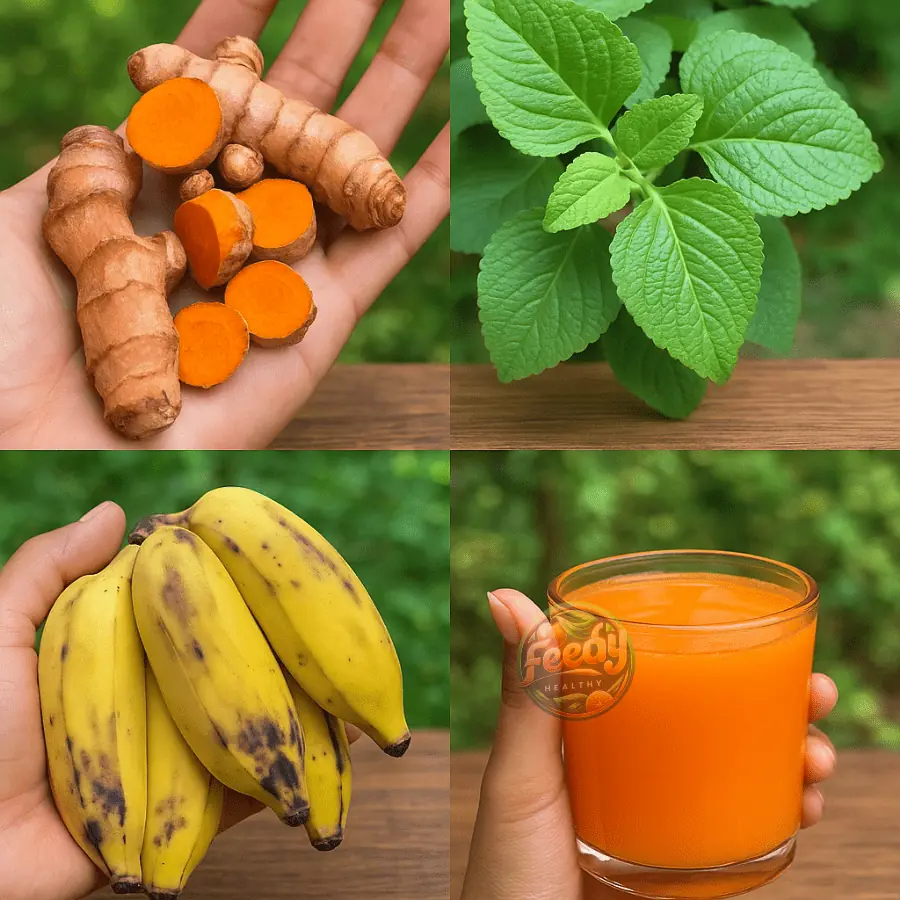
5 Things Doctors Say You Should Never Give Your Kids to Help Prevent Cancer
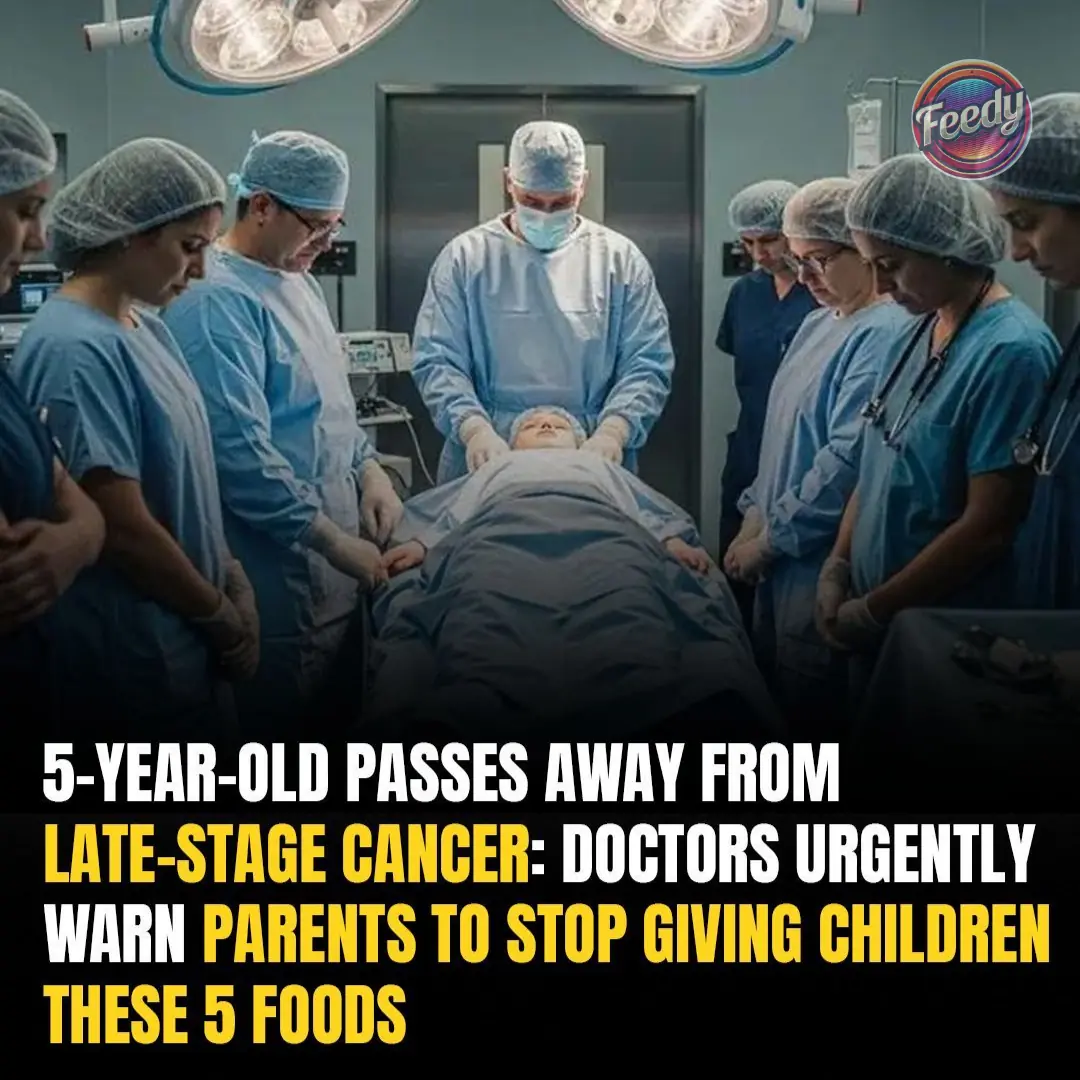
When Childhood Ends Too Soon: Two Stories That Call Us to Action
And 5 Everyday Things to Avoid for a Healthier Future
💔 Two Families. Two Five-Year-Olds. One Shared Tragedy.
Luke Morin was only five when he showed mild symptoms—just enough to cause concern, but not panic. Within days, everything changed. He was diagnosed with Diffuse Intrinsic Pontine Glioma (DIPG), one of the rarest and most aggressive forms of childhood brain cancer. From his first symptom to his final breath, just 17 days passed.
On April 25, Luke died—leaving his family reeling from a loss they never saw coming. “Our boy was stolen from us,” said his mother, Jill. But even in the depths of grief, they chose to act. They turned sorrow into purpose, organizing a 5K fundraiser to support DIPG research and bring hope to families still fighting.
Garrett Matthias, also five, battled cancer for nearly 10 months in Iowa. Despite knowing his illness was terminal, Garrett faced life—and death—with a spirit that defied sadness.
With the help of his parents, he even wrote his own obituary, cheekily signing it:
"The Great Garrett Underpants"
In it, he asked for five bounce houses at his funeral, snow cones, and Batman.
“When I die, I’m going to be a gorilla and throw poo at Daddy!”
He wanted to be remembered not with tears, but with joy. His family honored his wishes with a celebration full of laughter, bounce houses, and love. Today, they continue raising funds for pediatric cancer in his name.
🎗️ The Harsh Truth: Cancer Doesn’t Care How Much You Love Your Child
We do everything to protect our children.
We read labels, cook healthy meals, limit screen time, and watch over every cough or bruise.
But sometimes, cancer still comes. Not because of a parent’s failure. Not because of sugar or screen time. But simply because cancer is ruthless—and in many cases, genetic.
Yet even though we can’t prevent all cases, doctors agree: we can reduce risk. Especially long-term cancer risk, by minimizing certain environmental and dietary exposures.
⚠️ 5 Things Doctors Recommend Avoiding to Lower Cancer Risk in Children
1. Ultra-Processed Meats (Hot Dogs, Bacon, Sausages)
The World Health Organization classifies processed meats as Group 1 carcinogens—the same category as tobacco. These meats contain nitrates and nitrites, which can turn into cancer-causing compounds in the body.
👶 Why it matters: Children’s developing digestive systems are more vulnerable to these chemicals.
✅ Try instead: Fresh grilled chicken, lean cuts of meat, or plant-based alternatives.
2. Sugary Drinks (Sodas, Energy Drinks, Some Juices)
Excess sugar drives chronic inflammation, which is a known trigger for diseases including cancer. Many drinks also contain artificial dyes and preservatives that raise red flags in lab studies.
📊 Studies link sugary drinks in childhood to higher obesity rates, a major risk factor for cancer later in life.
✅ Try instead: Water with fruit slices, or smoothies made from whole fruits.
3. Plastic Containers with BPA (and even “BPA-Free” Plastics)
Bisphenol A (BPA) is a hormone disruptor found in many plastic containers, and it can leach into food—especially when heated. BPA mimics estrogen, which may raise the risk of hormone-sensitive cancers like breast or prostate cancer.
🧪 Some “BPA-free” items still contain BPS, which may be just as harmful.
✅ Try instead: Use glass, stainless steel, or food-safe silicone. Never microwave plastic.
4. Over-Fried or Charred Foods
When starchy foods like fries are cooked at very high temperatures, they can form acrylamide—a chemical linked to DNA damage in animal studies. Charred meat produces compounds associated with increased cancer risk.
🔥 Burnt edges might taste crispy, but they can carry hidden dangers.
✅ Try instead: Steam, bake, or roast foods at moderate temperatures. Avoid blackened or overly browned portions.
5. Talc-Based Baby Powders or Products with Formaldehyde
Some baby powders contain talc, which may be contaminated with asbestos—a known carcinogen. Additionally, baby wipes and shampoos often include formaldehyde-releasing preservatives, linked to cancer and skin irritation.
🧴 Baby skin is more porous, absorbing chemicals faster than adult skin.
✅ Try instead: Look for talc-free and formaldehyde-free labels. Choose natural, certified-safe baby brands with transparent ingredient lists.
🌱 Small Changes, Lifelong Protection
Children’s bodies grow rapidly—and so do their cells. This means they’re especially vulnerable to toxic exposures during early development. As parents, we may not be able to prevent every risk. But we can choose better where we can.
You don’t have to be perfect.
You don’t have to go organic overnight.
But by removing or replacing just these five everyday risks, you create a safer, healthier foundation for your child’s future.
And that… might be the greatest gift you’ll ever give them.
News in the same category

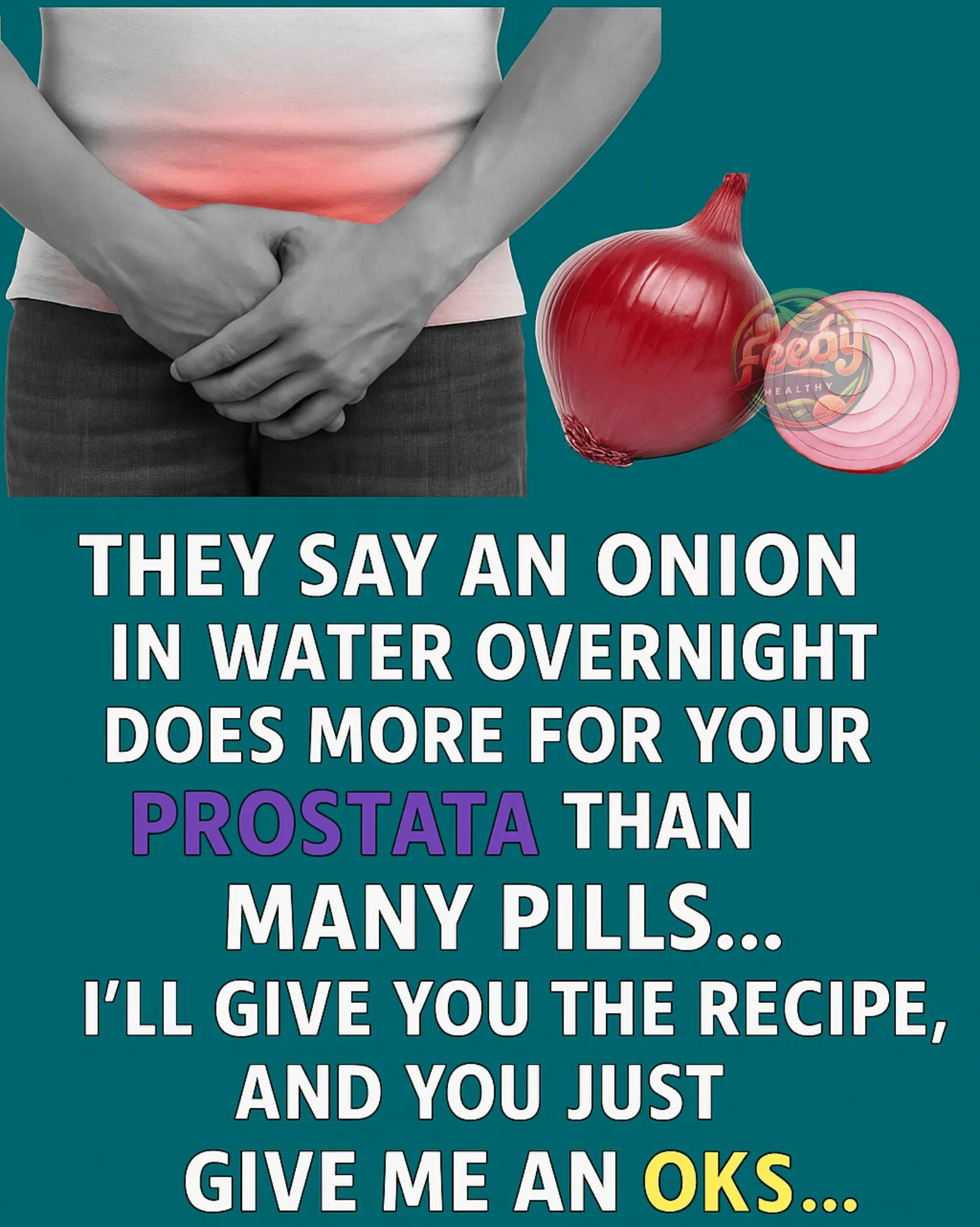
Benefits of Onion in Water: A Natural Remedy for the Prostate
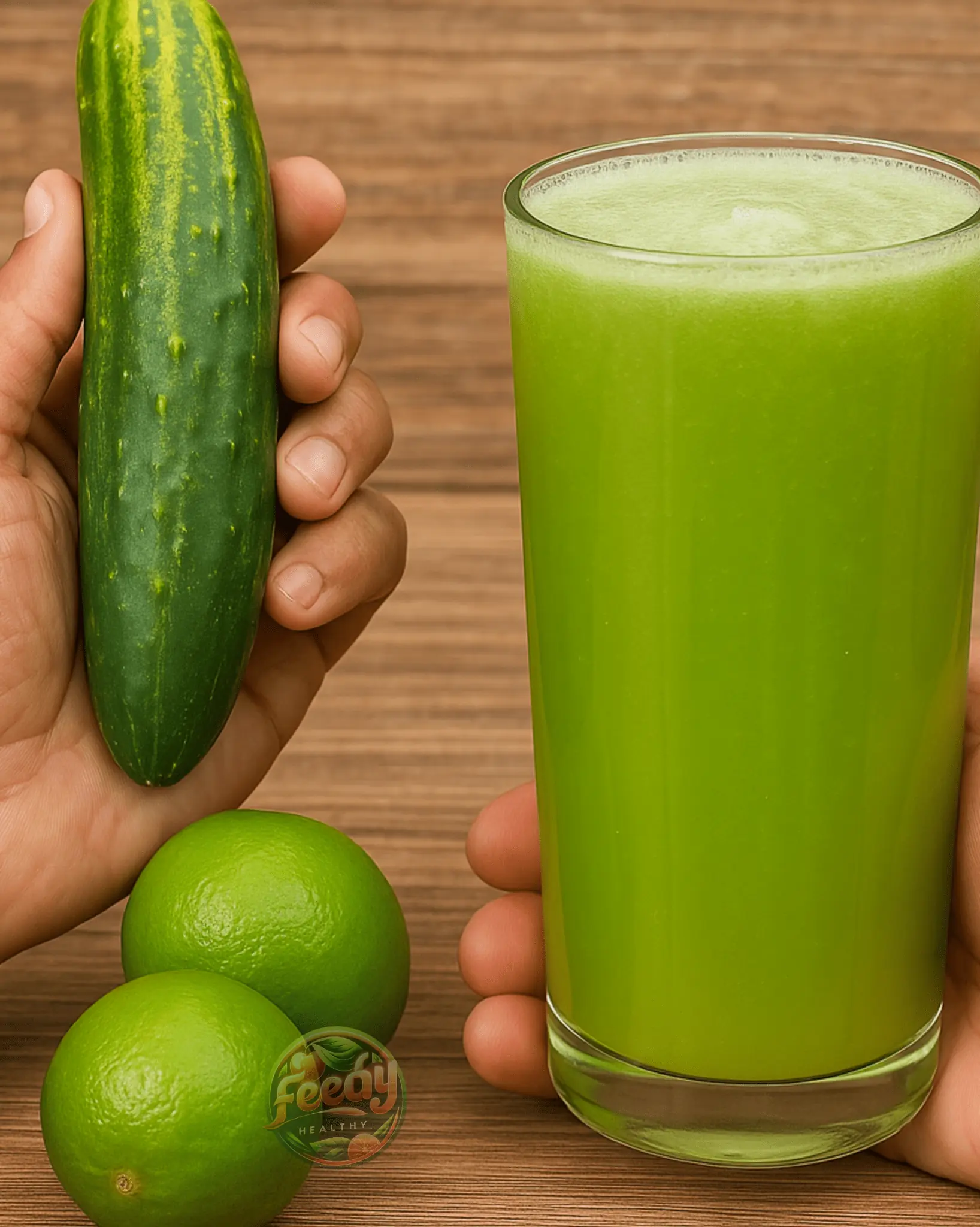
Eliminates bloated belly, clears urinary infections, and cleanses fatty liver.
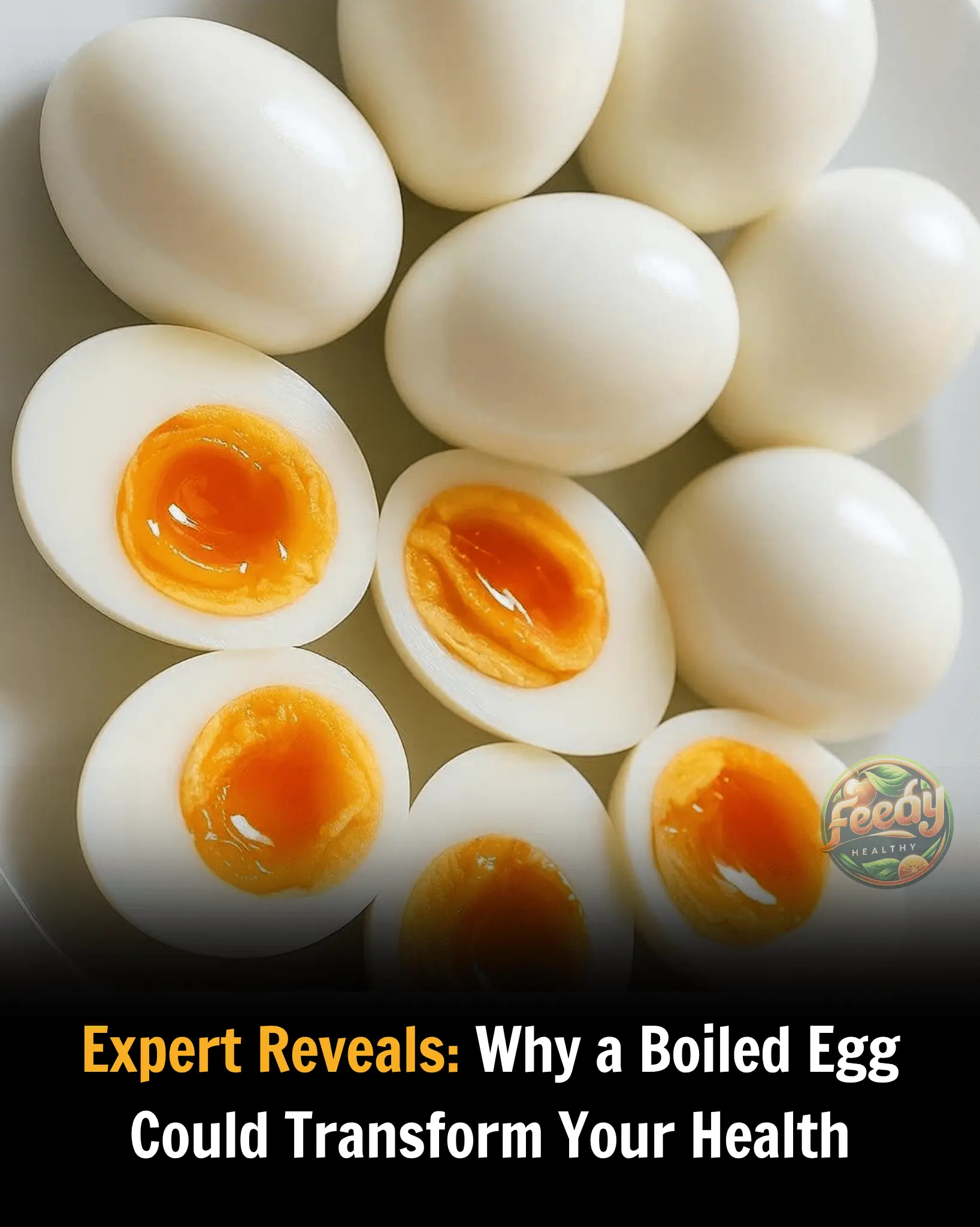
Expert Reveals: Why a Boiled Egg Could Transform Your Health
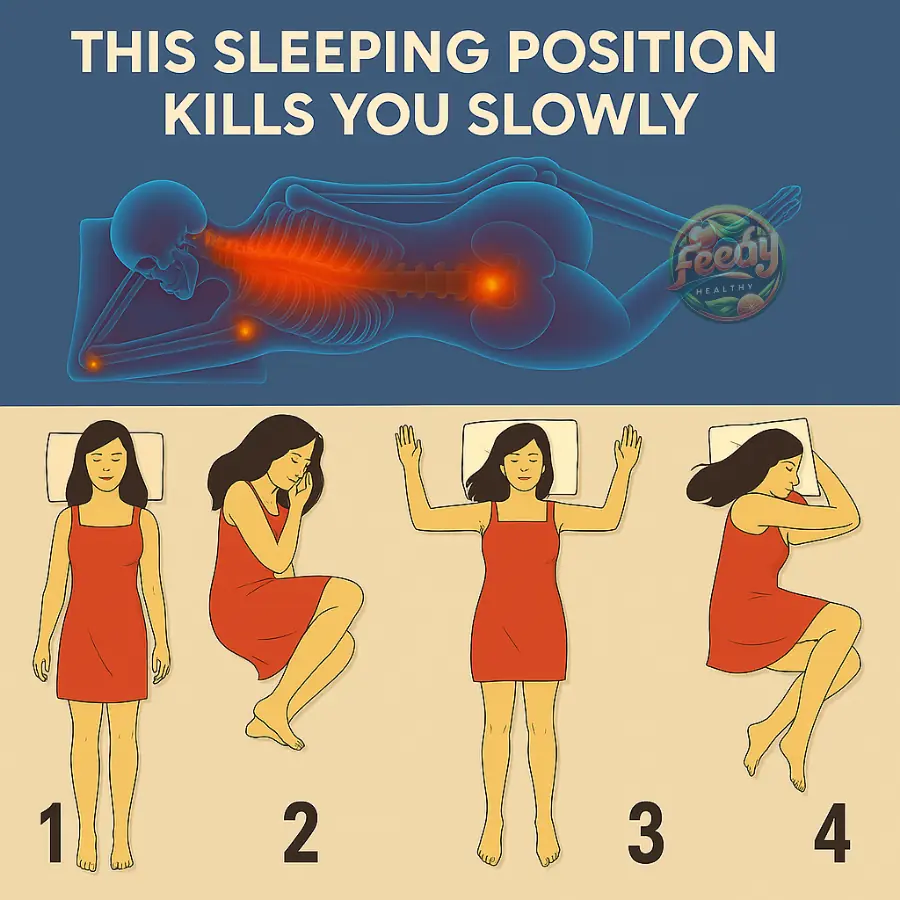
The Most Dangerous Sleeping Position: What You Didn’t Know
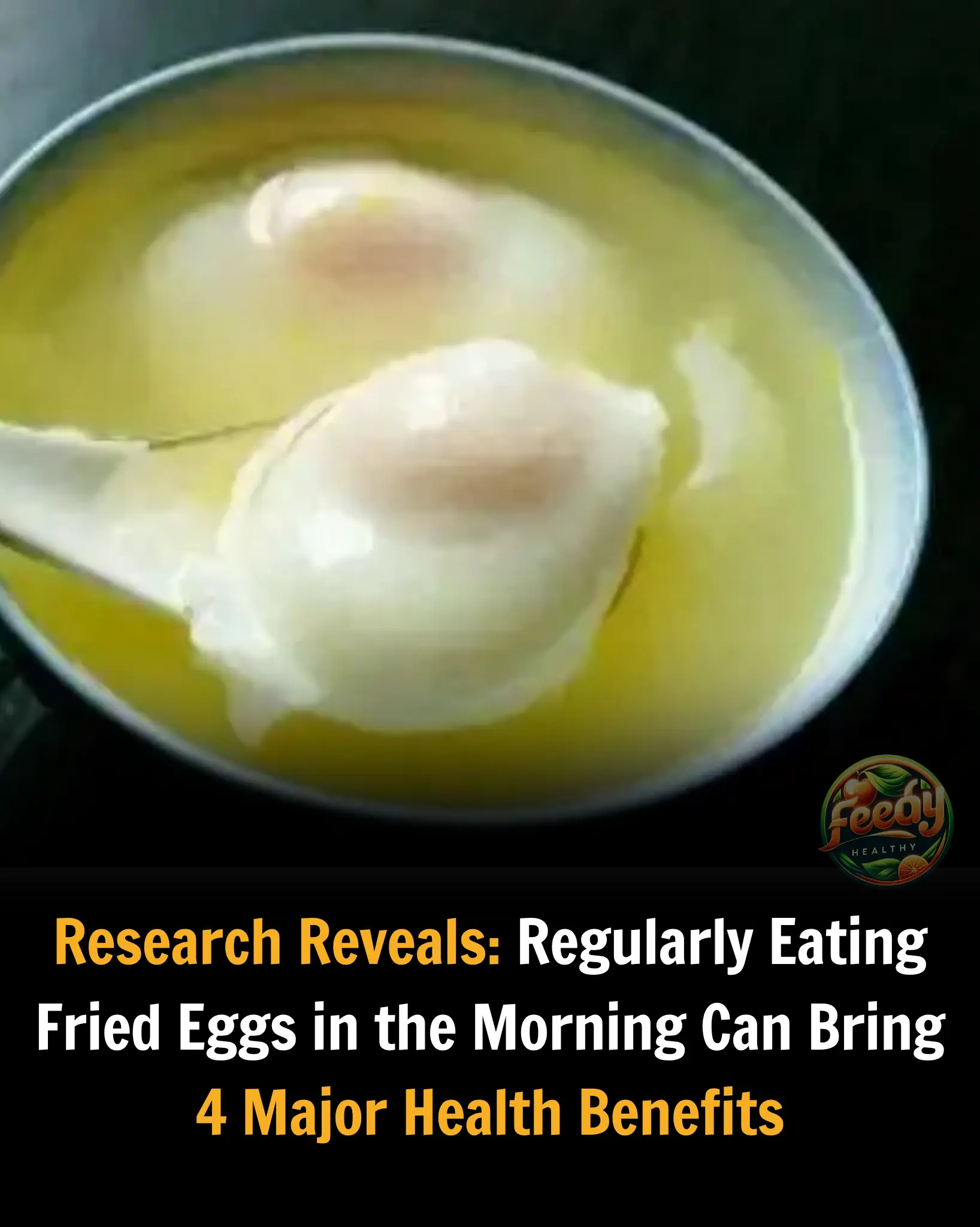
Research Reveals: Regularly Eating Fried Eggs in the Morning Can Bring 4 Major Health Benefits
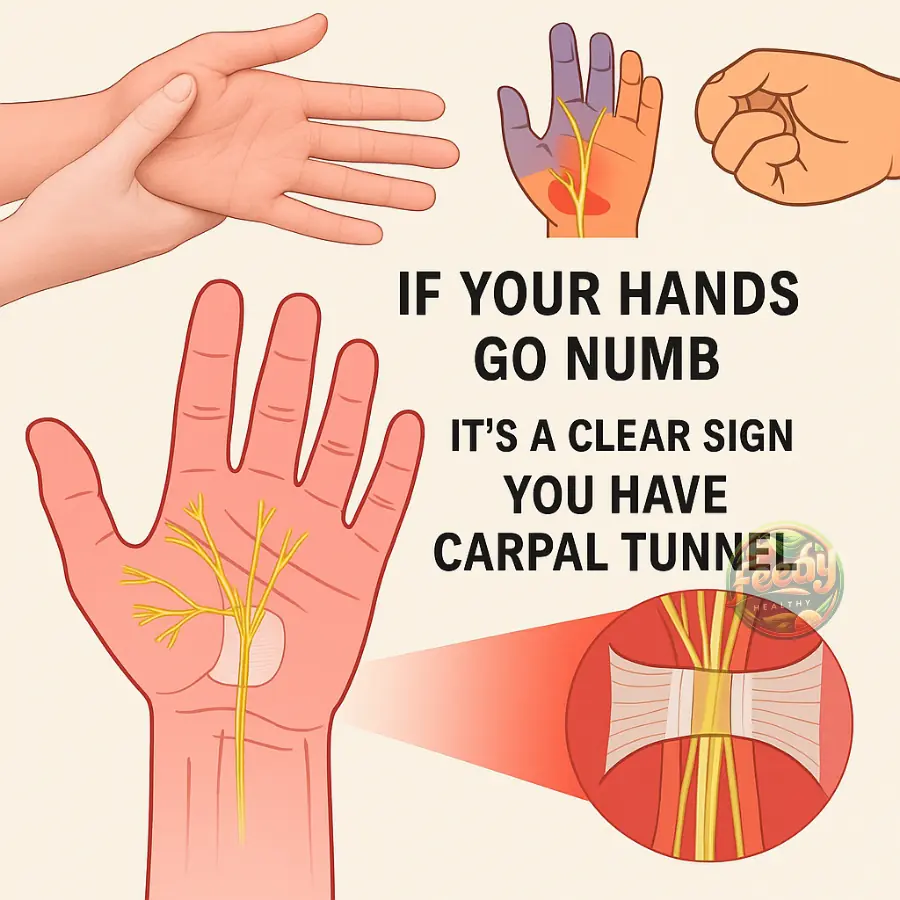
Why Do Your Hands Go Numb? Signs and Solutions to Improve Your Health
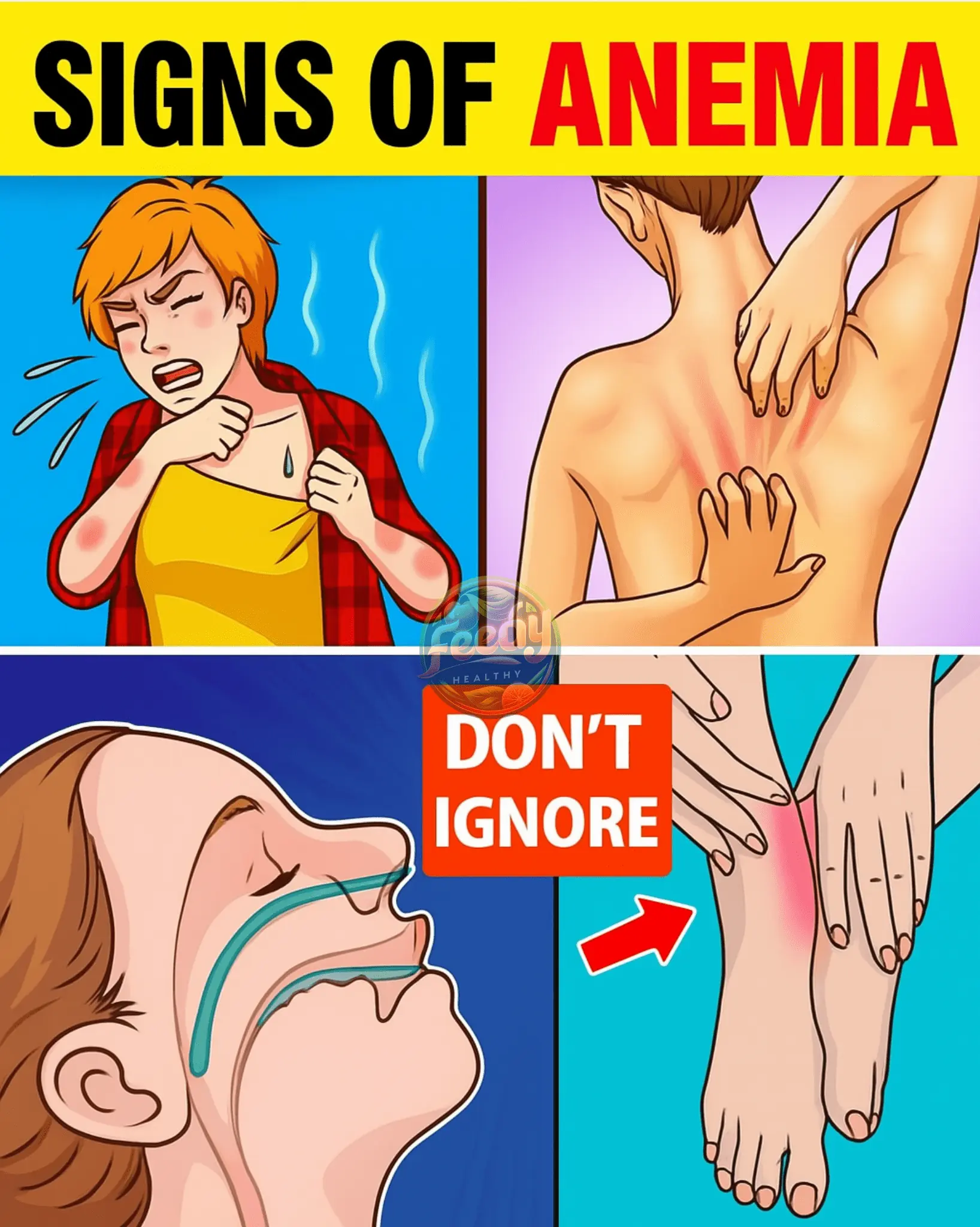
Silent Symptoms of Anemia You Should Never Ignore
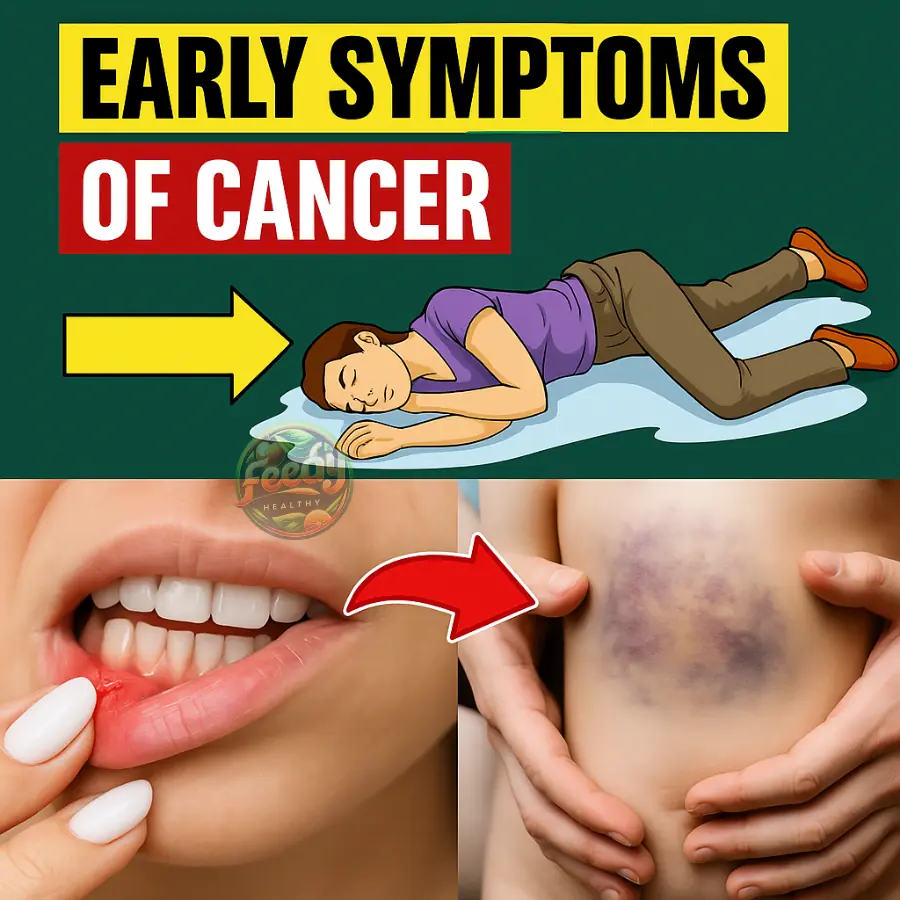
12 Silent Signs of Cancer You Shouldn't Ignore
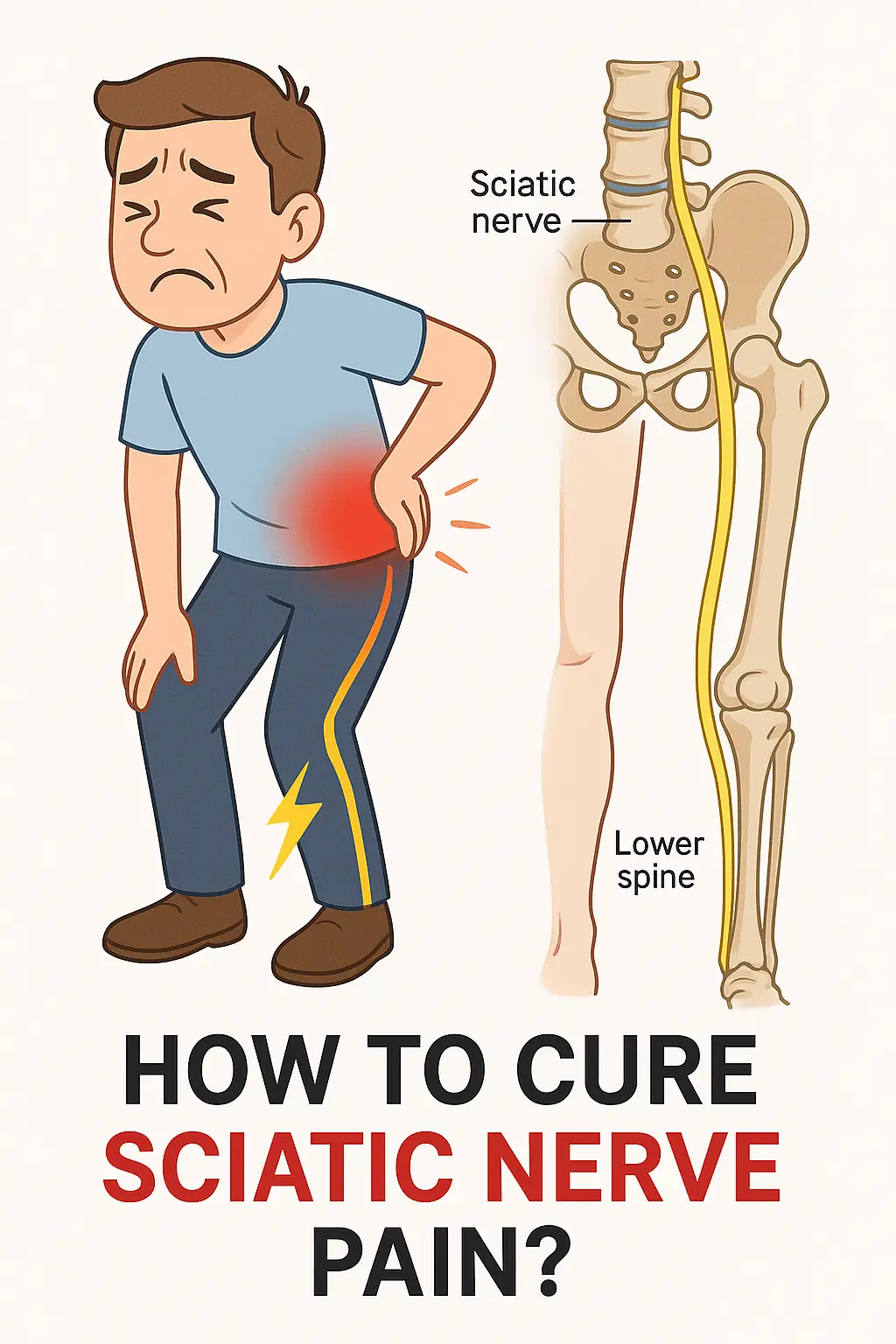
How to Cure Sciatic Nerve Pain: A Guide to Natural Remedies
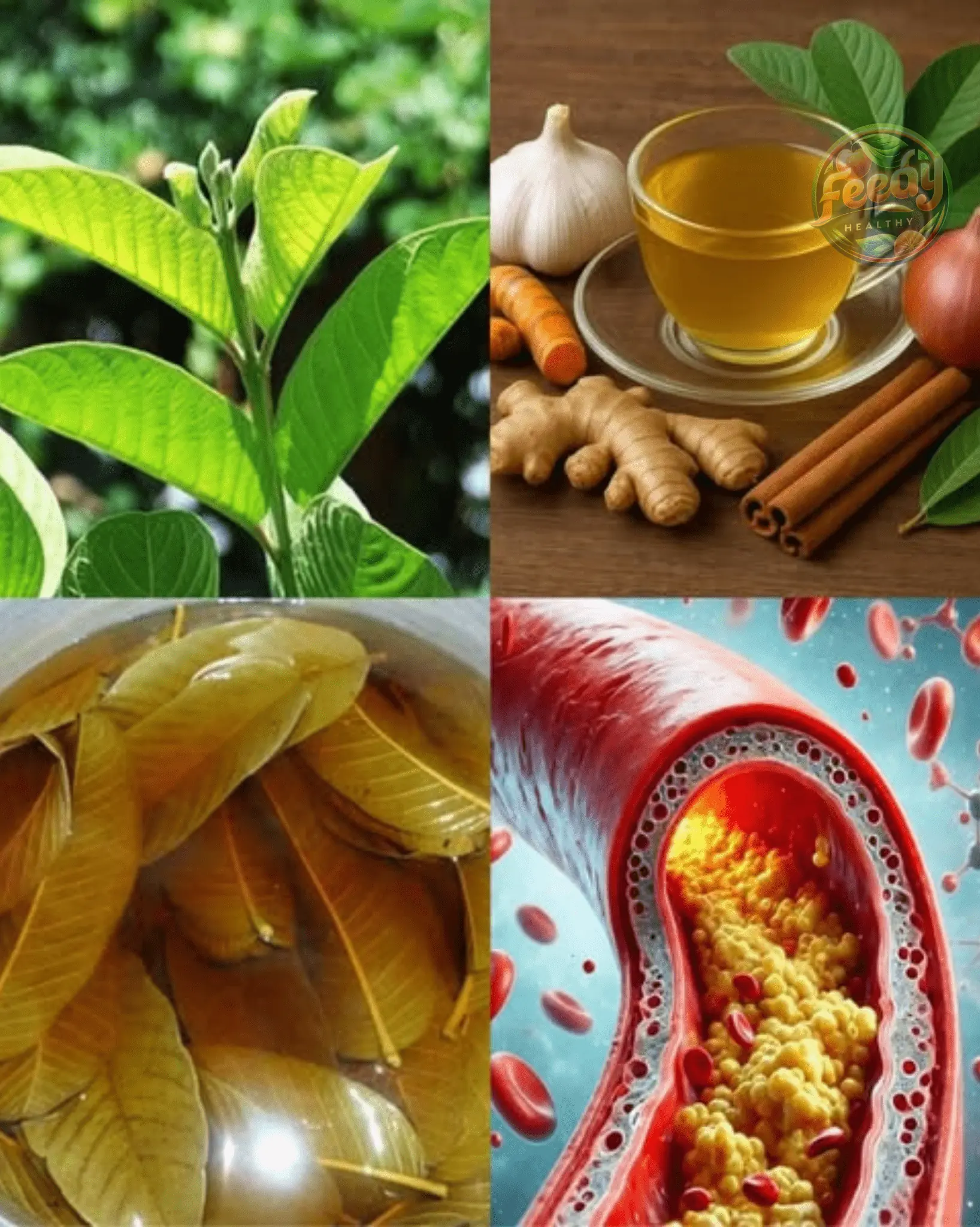
Onion and Peels: Natural Remedies for Bladder and Prostate Health
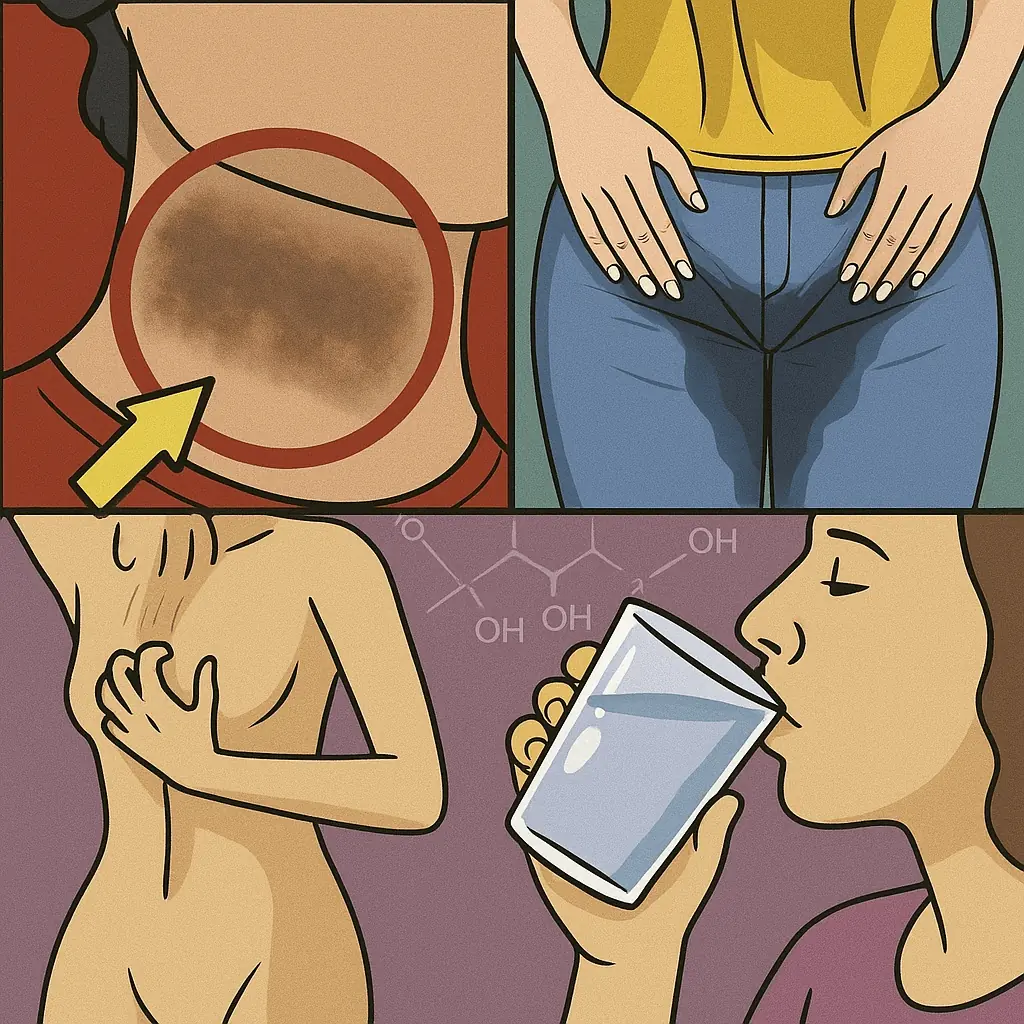
8 Signs You Have Too Much Sugar in Your Body
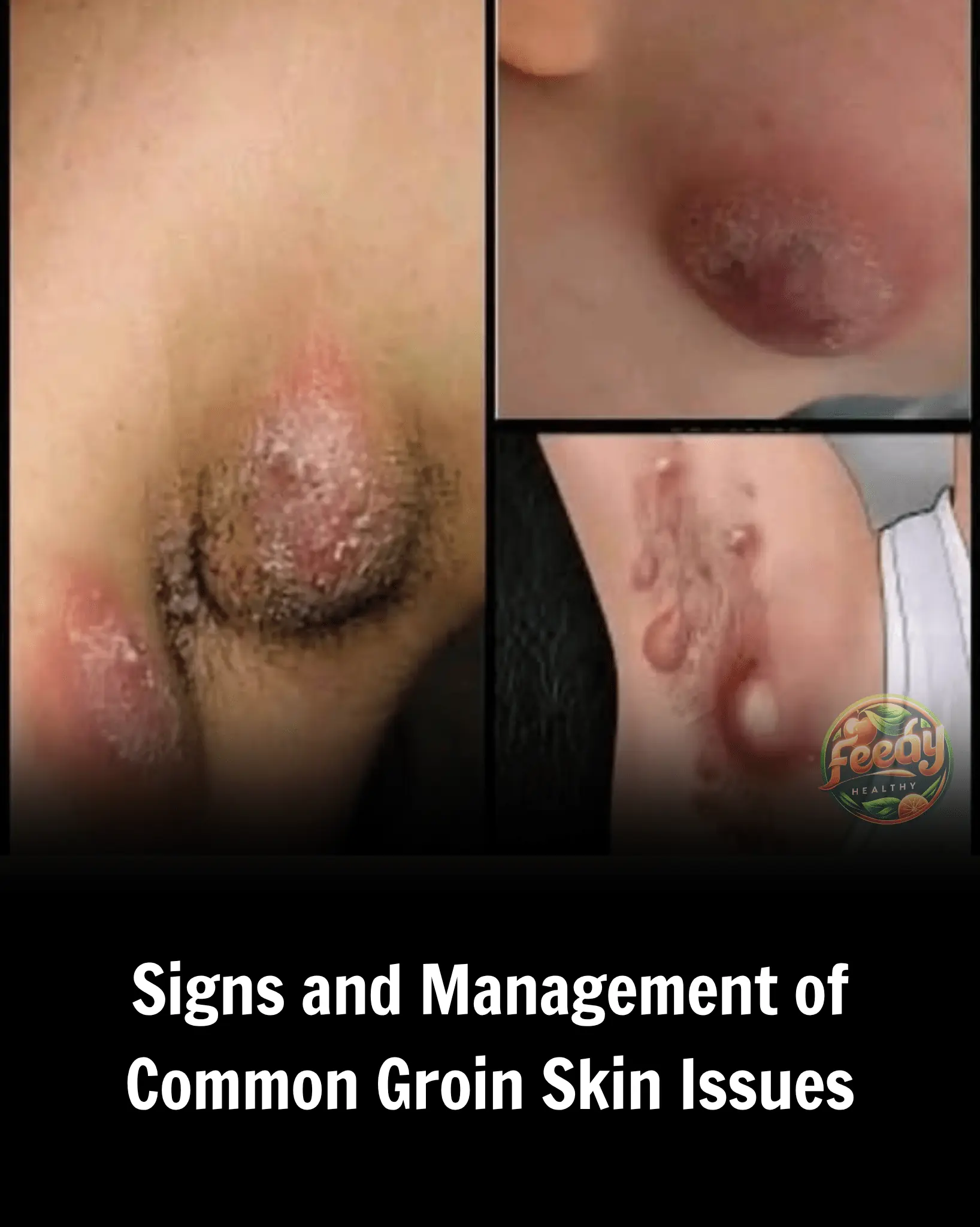
Signs and Management of Common Groin Skin Issues
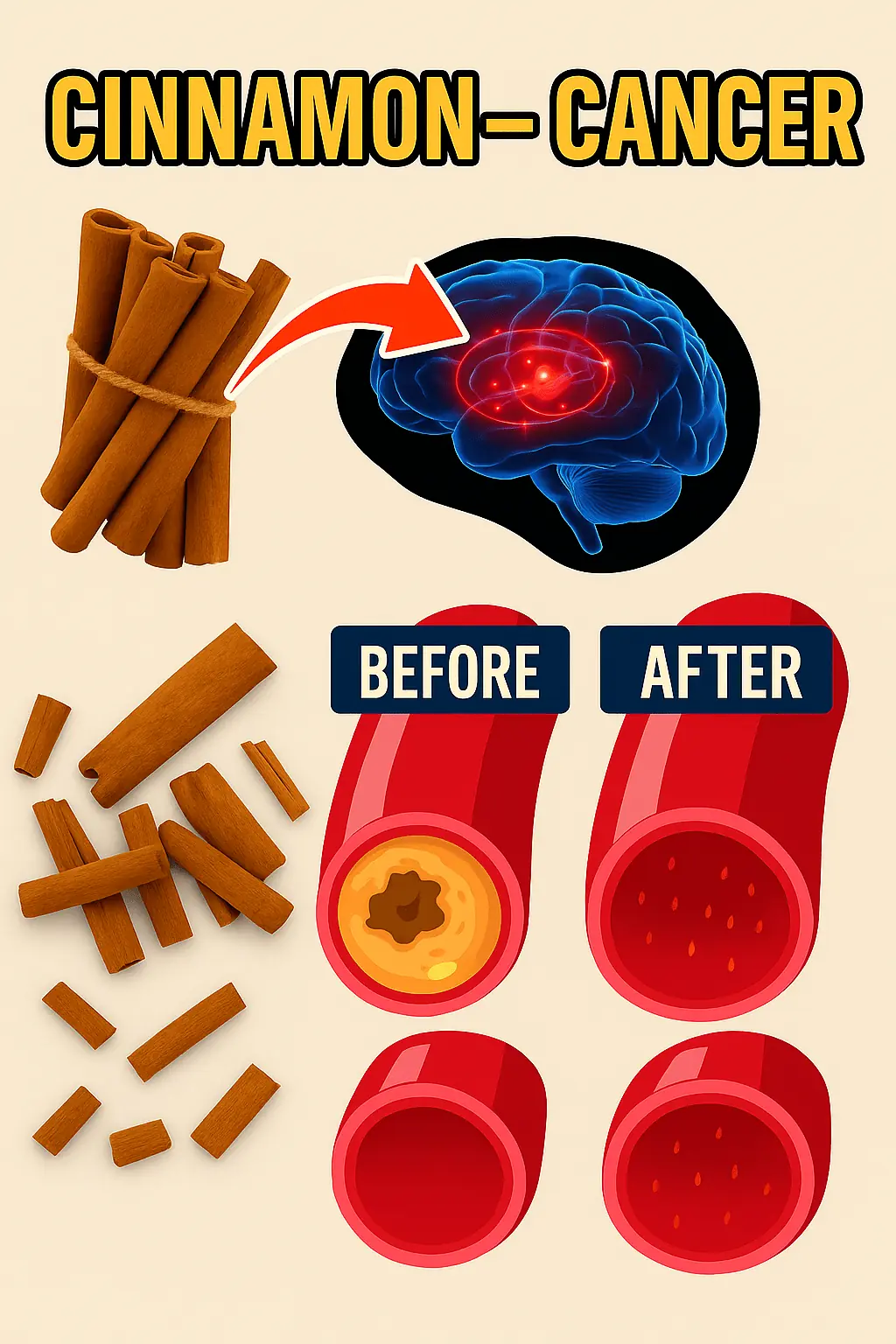
Discover the Unexpected Health Benefits of Cinnamon
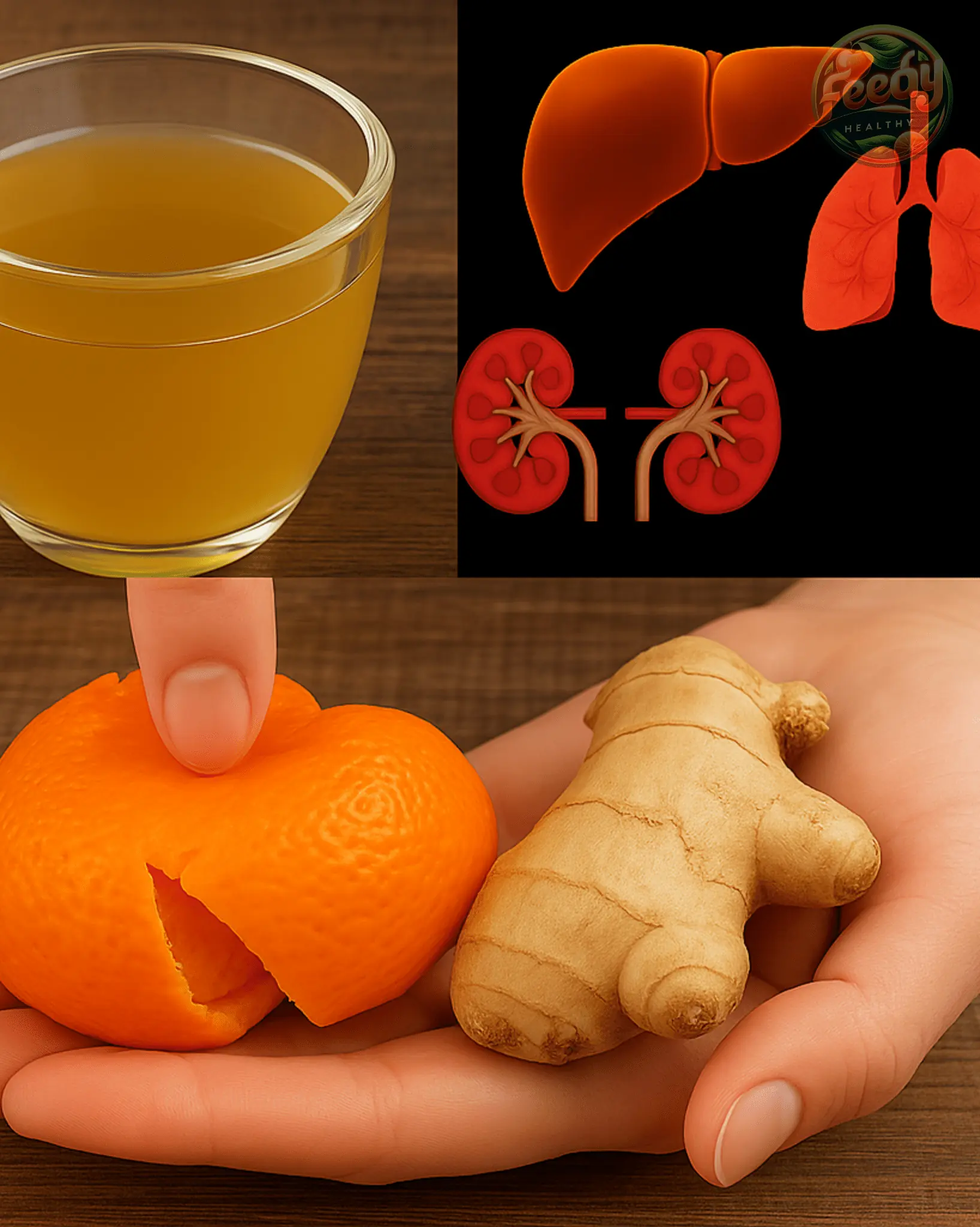
Unveiling Nature’s Detox Secrets: Gently Cleanse Your Kidneys, Liver, and Lungs
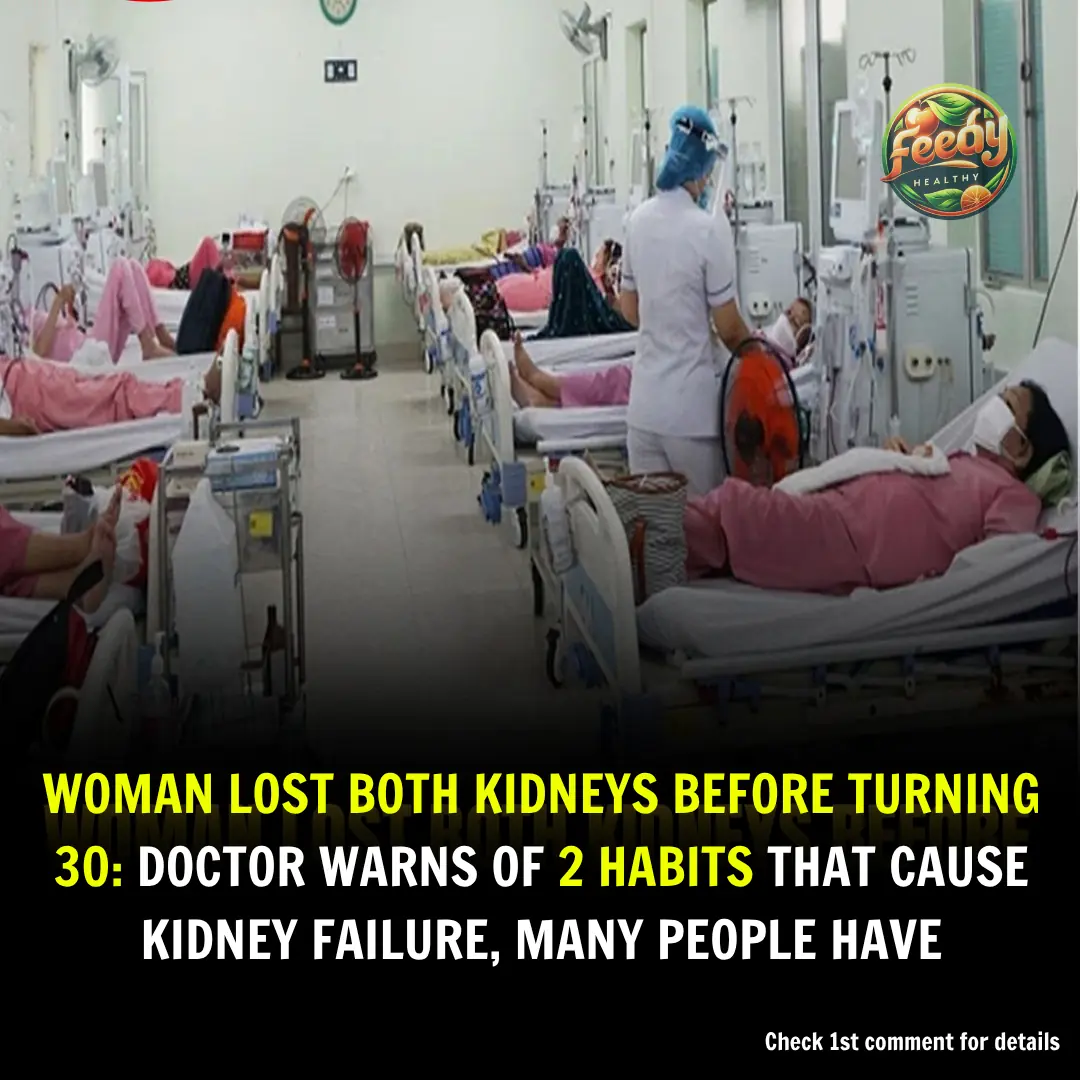
Why Kidney Failure Is Striking The Young—And How To Stop It
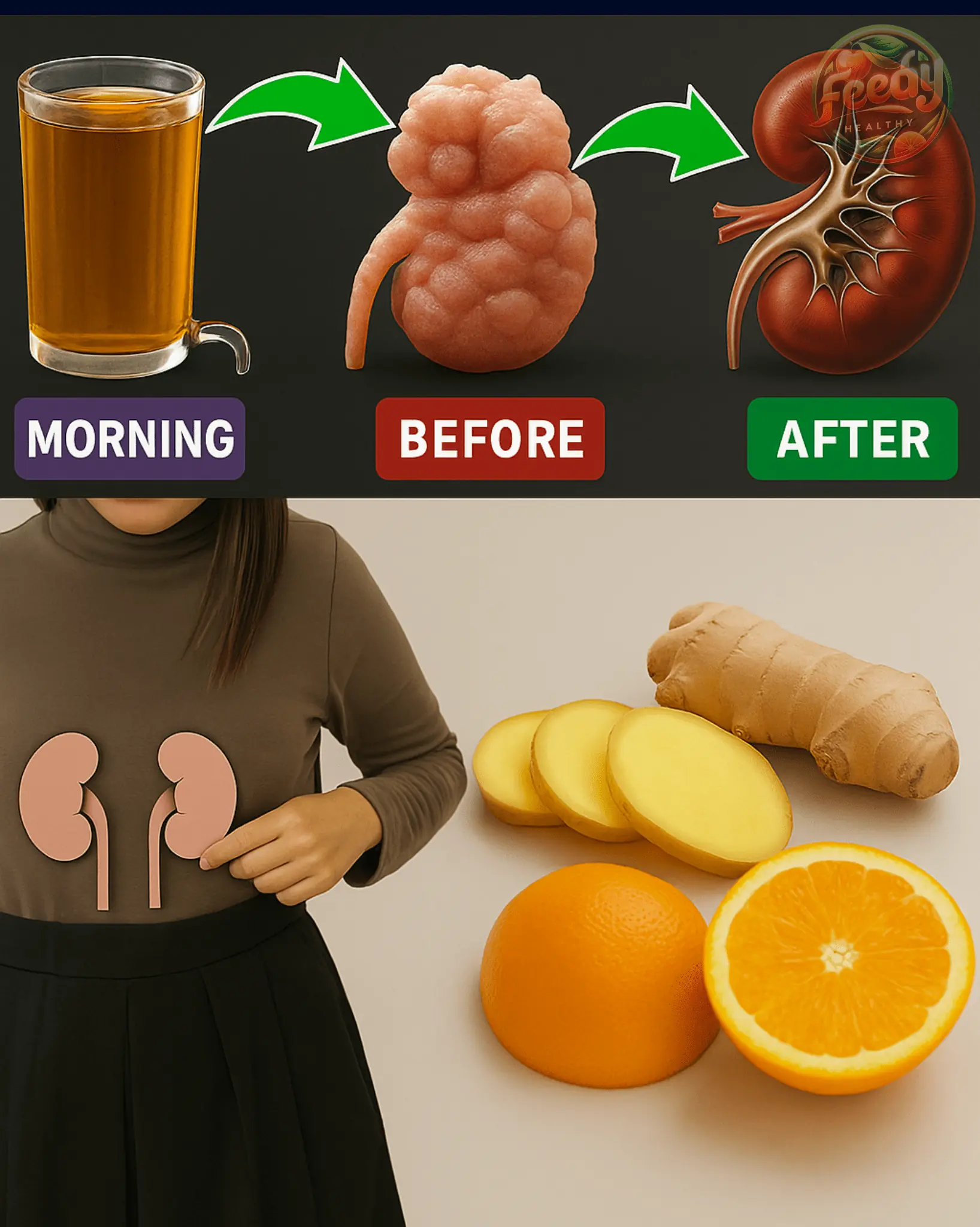
Tangerine and Ginger: The Detox Duo You Didn’t Know You Needed
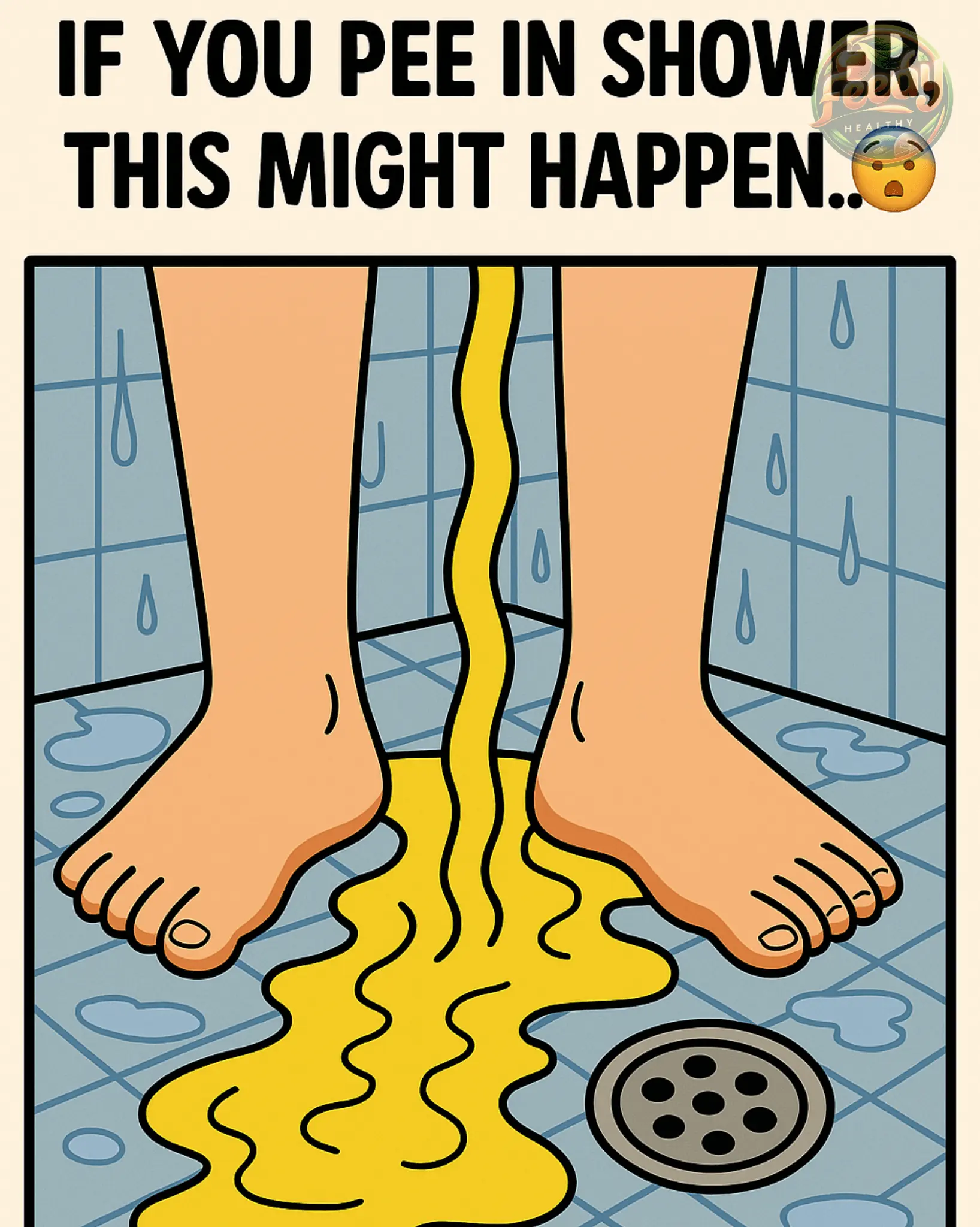
If You Pee in the Shower: Myths, Facts, and Possible Consequences
News Post
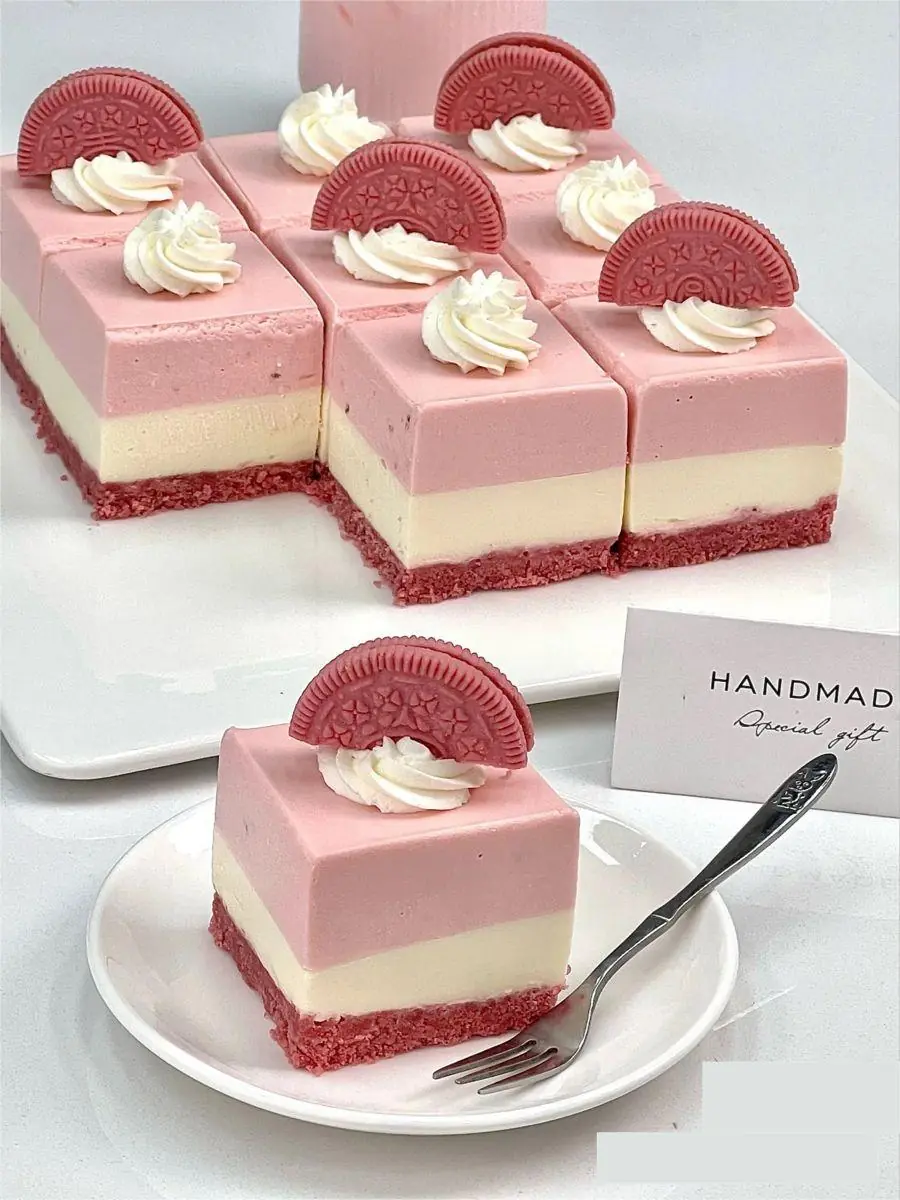
💗 Pink Oreo Dream Bars

🍓 Decadent Chocolate Strawberry Cake

7 Things That Happen To Your Body When You Don’t Have Sex For A While
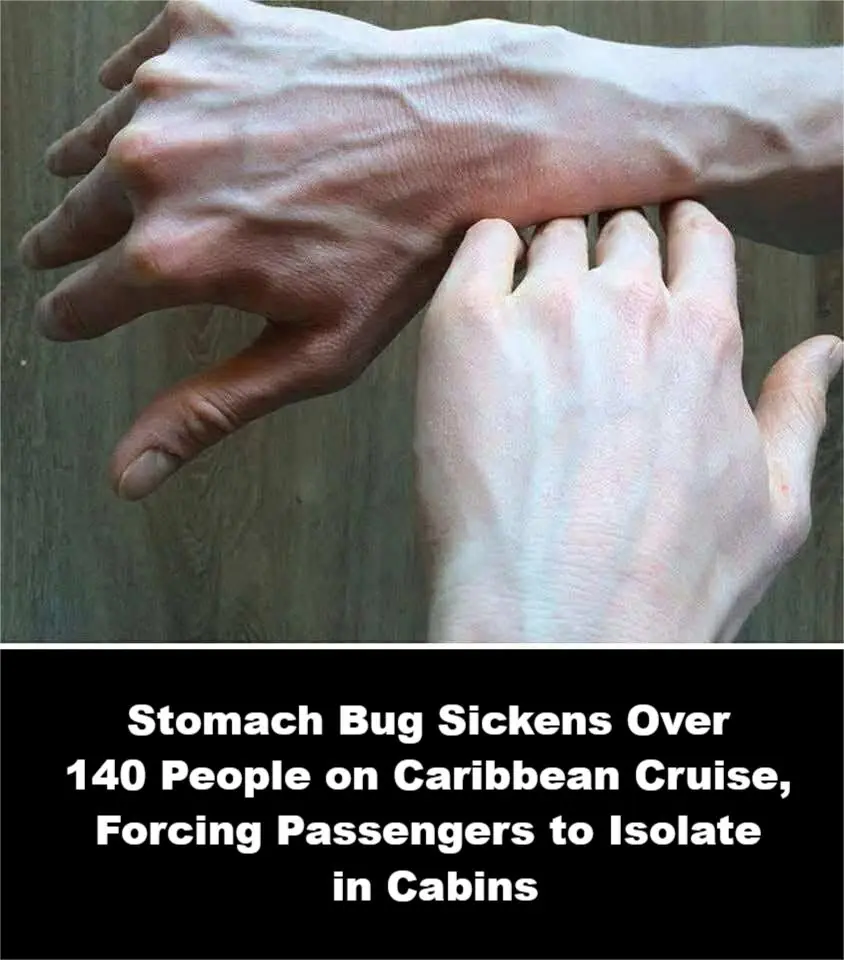
Why are your veins suddenly bulging and visible?

7-Eleven Employee Dies After Being Left Brain-Dead in Shocking Incident Involving Manager
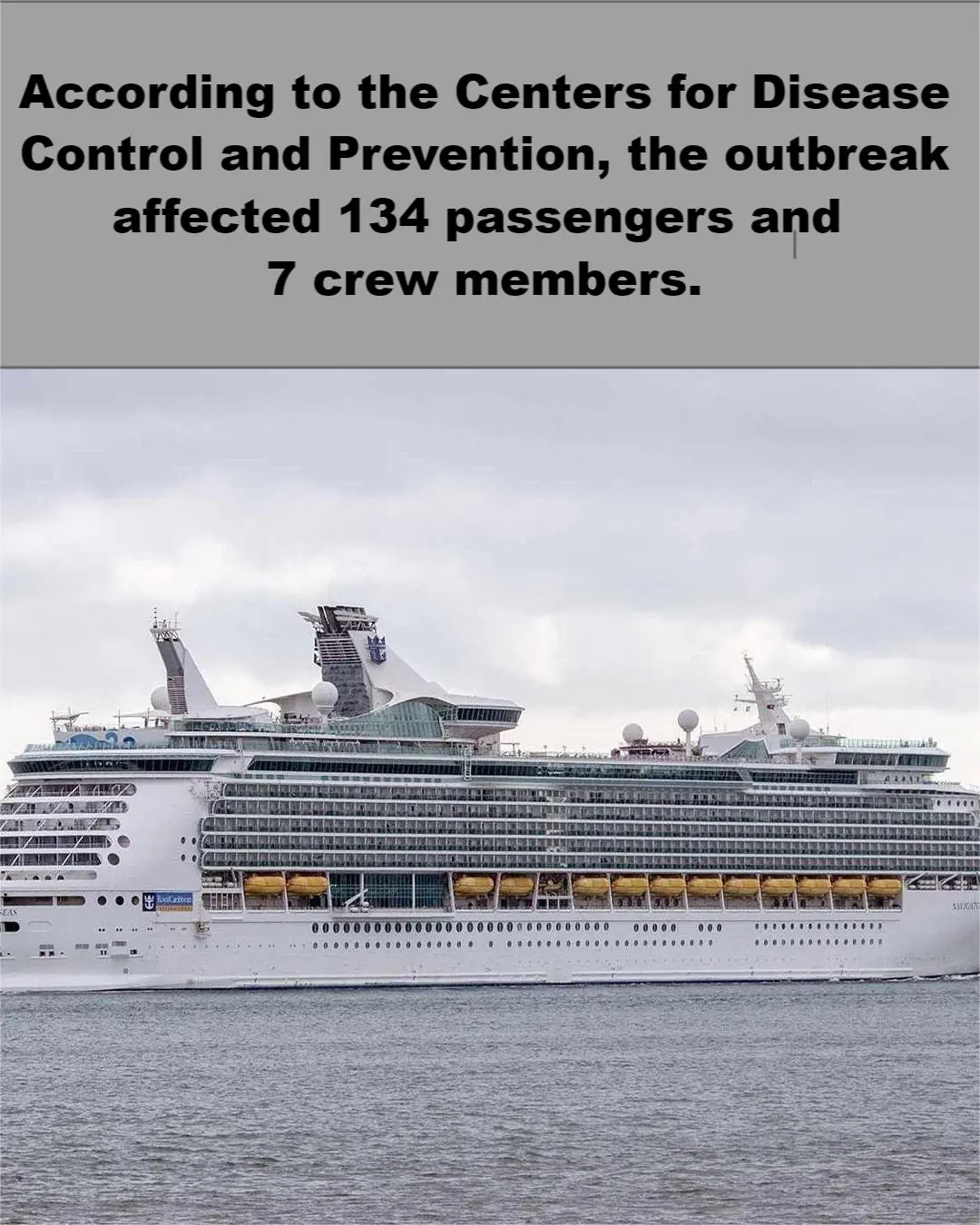
Stomach Bug Sickens Over 140 People on Caribbean Cruise, Forcing Passengers and Crew to Isolate in Cabins
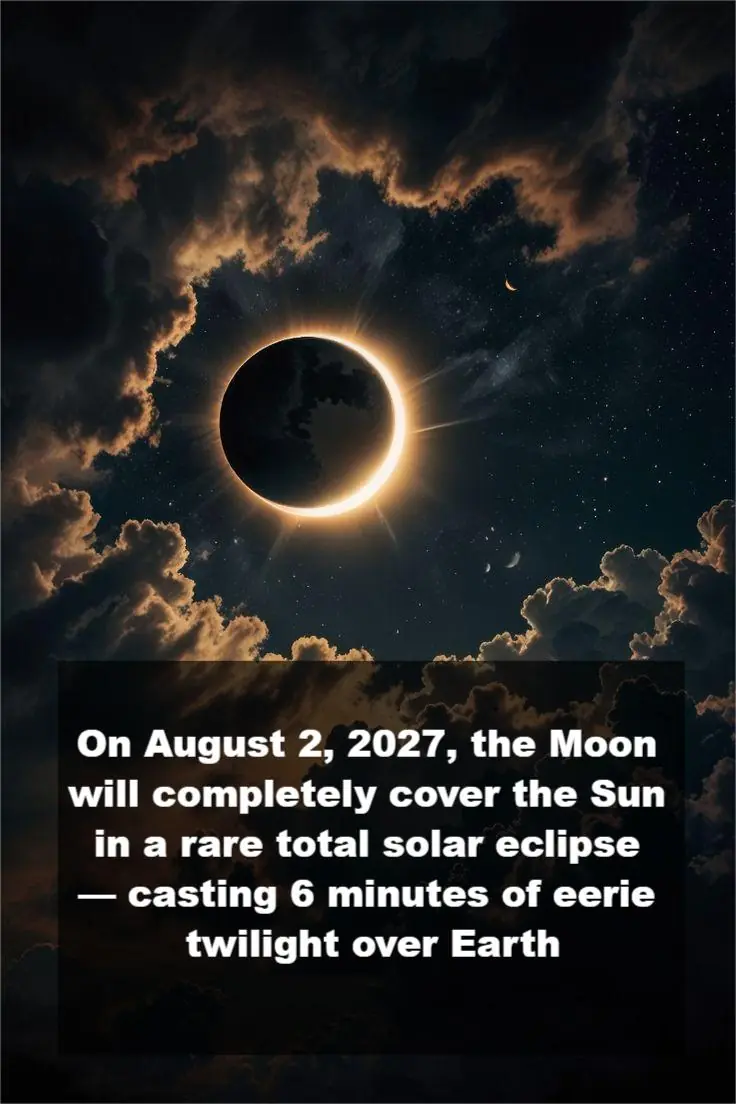
🌘 The Longest Total Solar Eclipse of the Century Is Coming — August 2, 2027
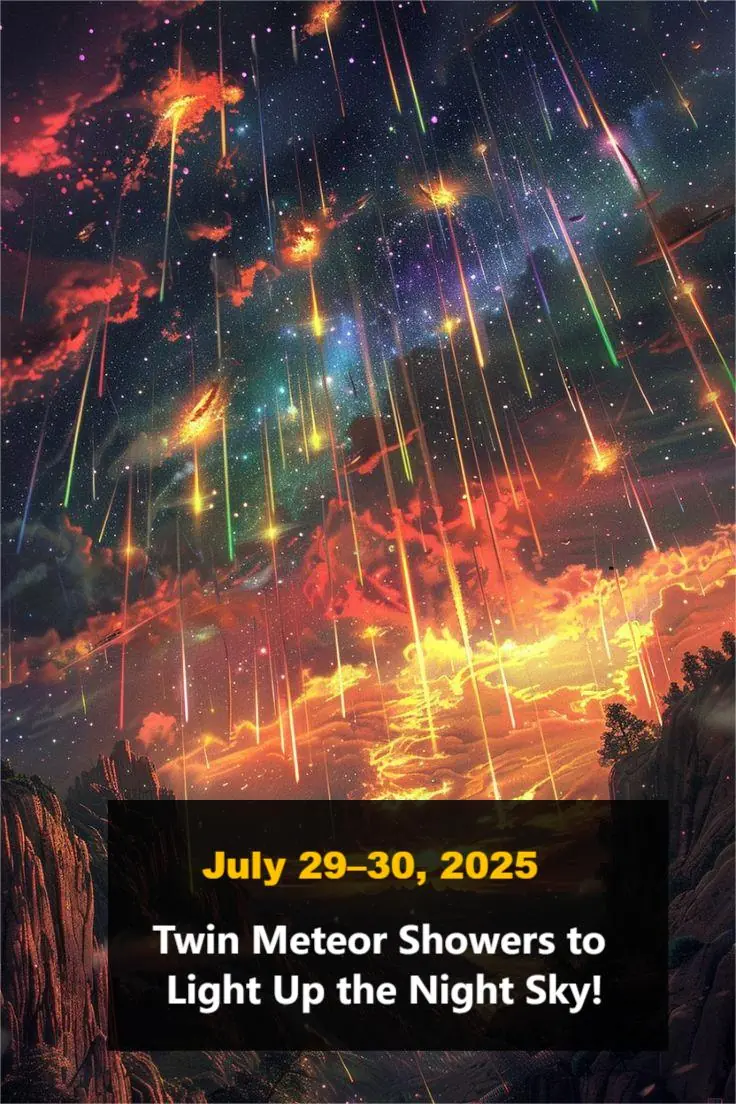
🌠 Twin Meteor Showers Set to Illuminate the Night Sky July 29–30, 2025 🌠
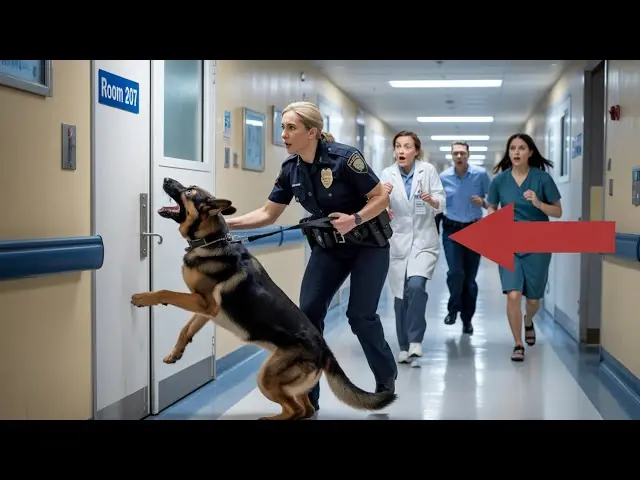
K9 dog wouldn’t stop barking at room 207 in a hospital – what they found inside was horrifying
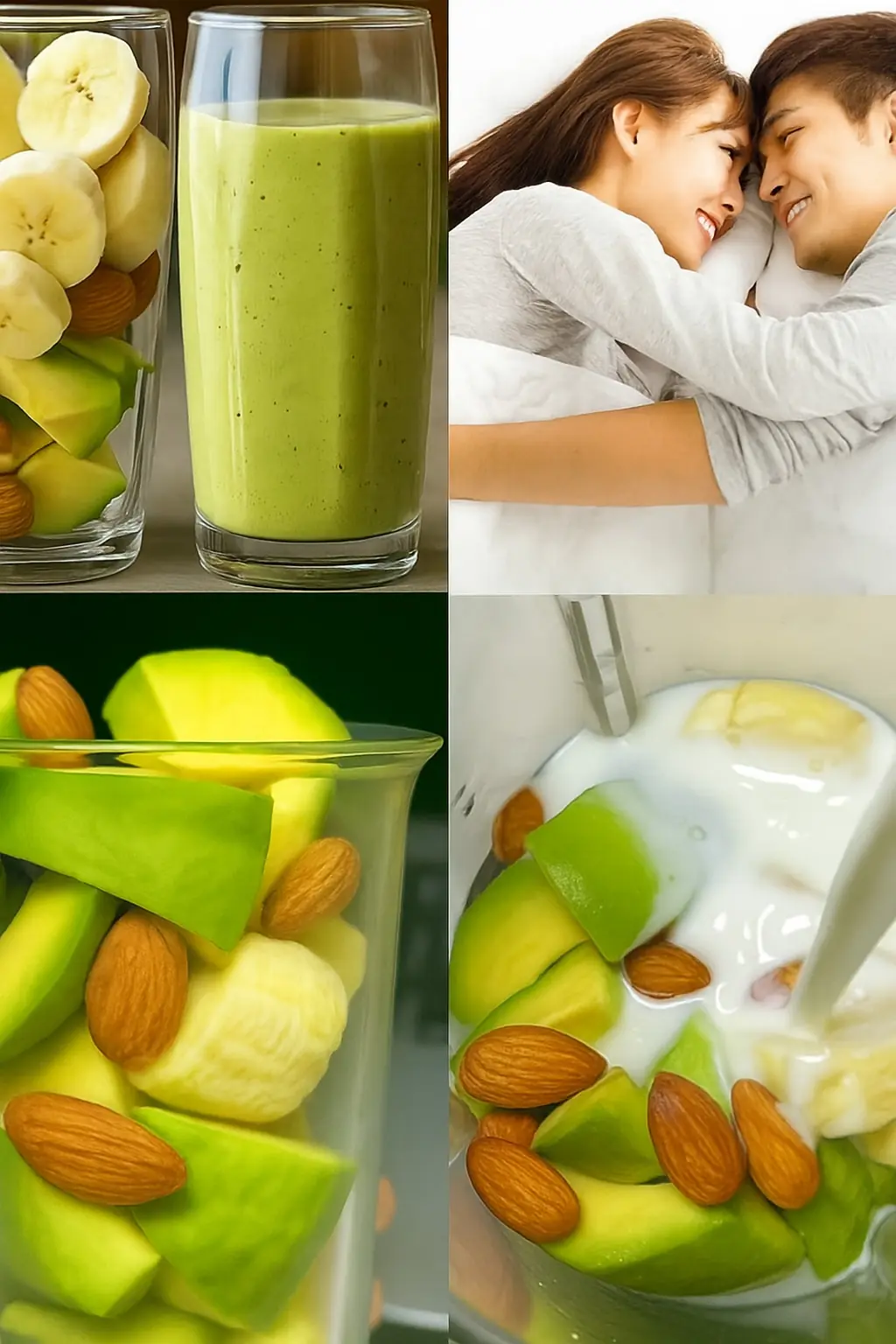
Transform Your Day with the Ultimate Almond Banana Avocado Smoothie
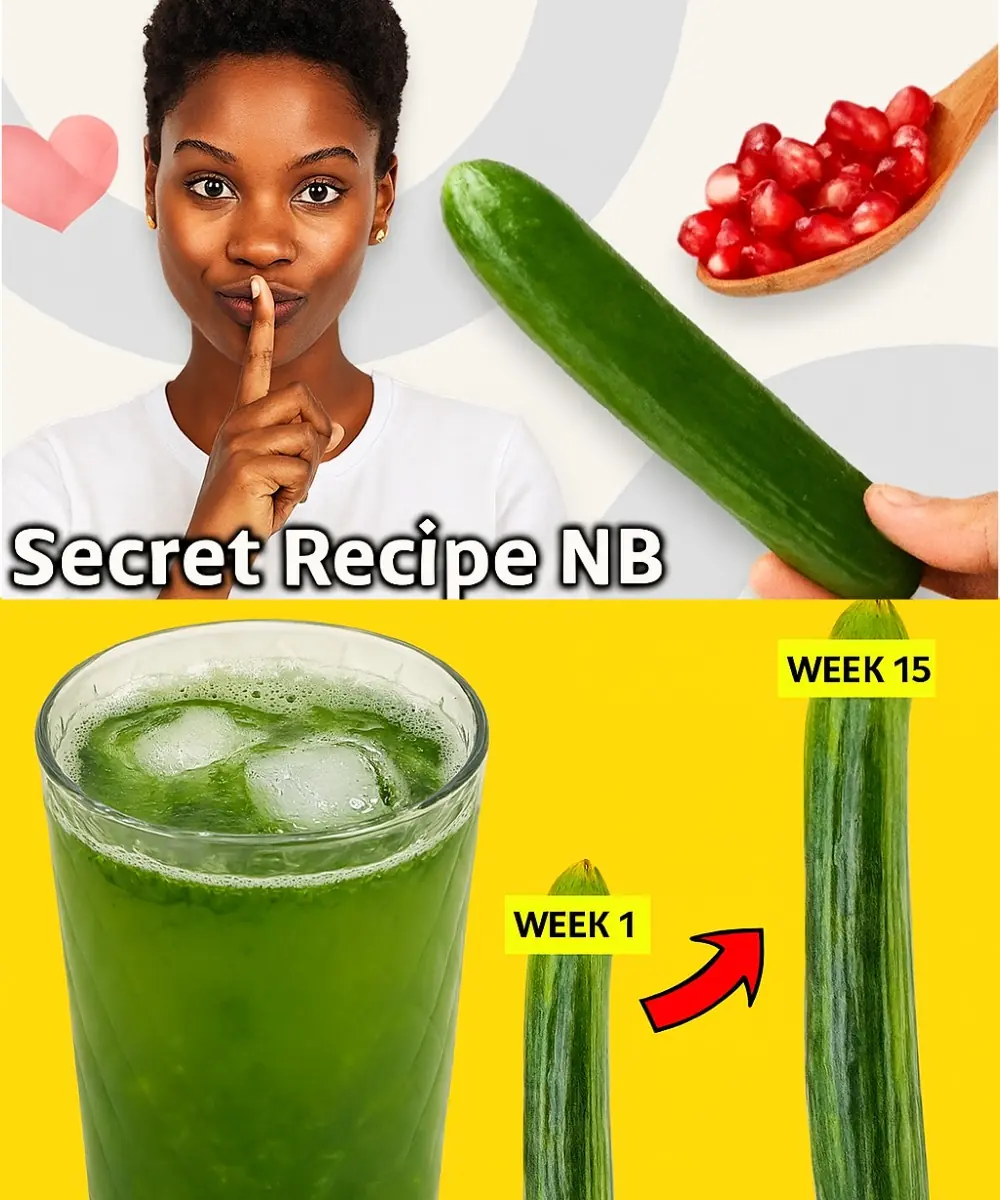
Sip Strength Before Sleep: The Cucumber & Pomegranate Elixir for Unstoppable Vitality at Any Age
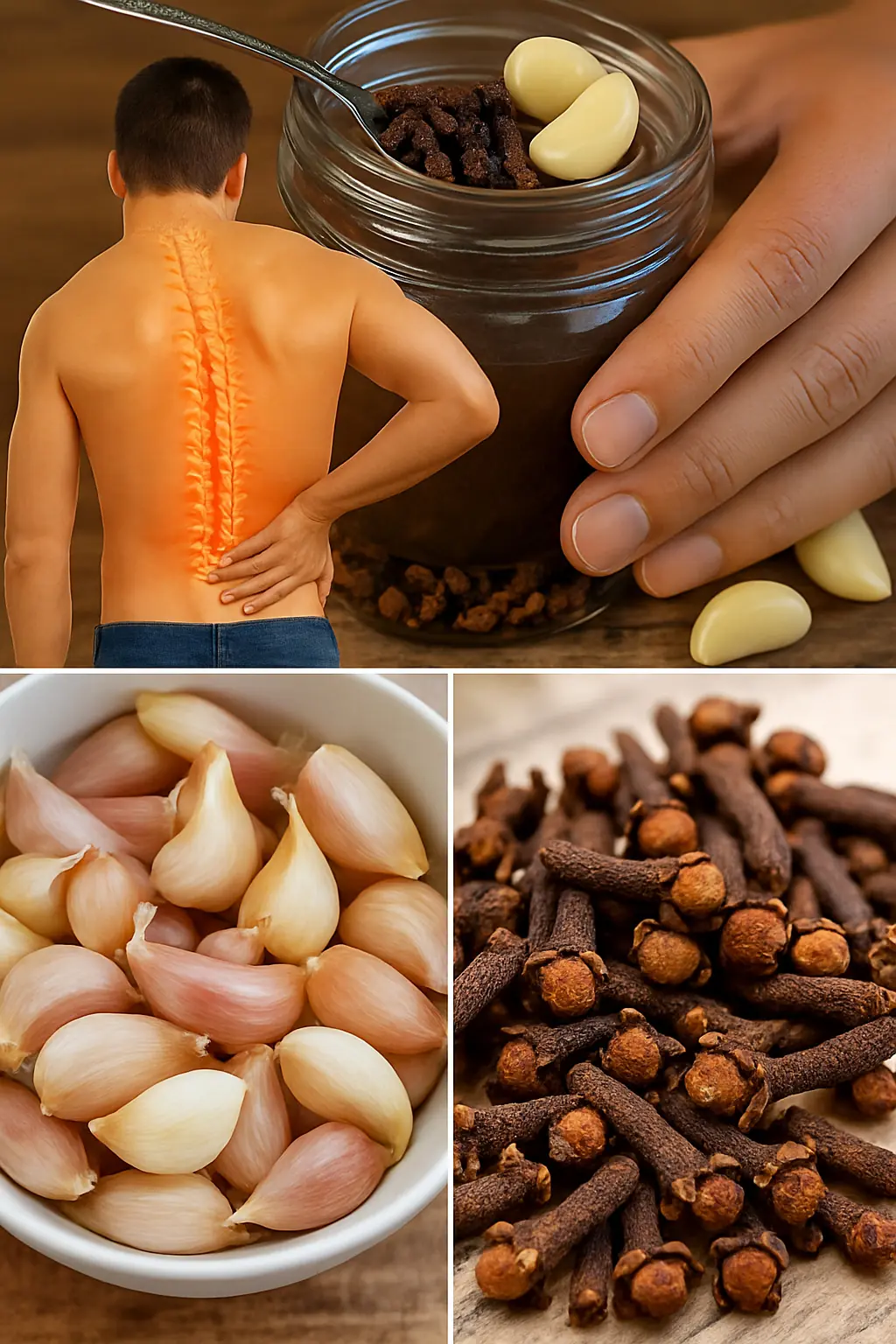
Nature’s Power Trio: Garlic, Honey, and Cloves for Vibrant Wellness
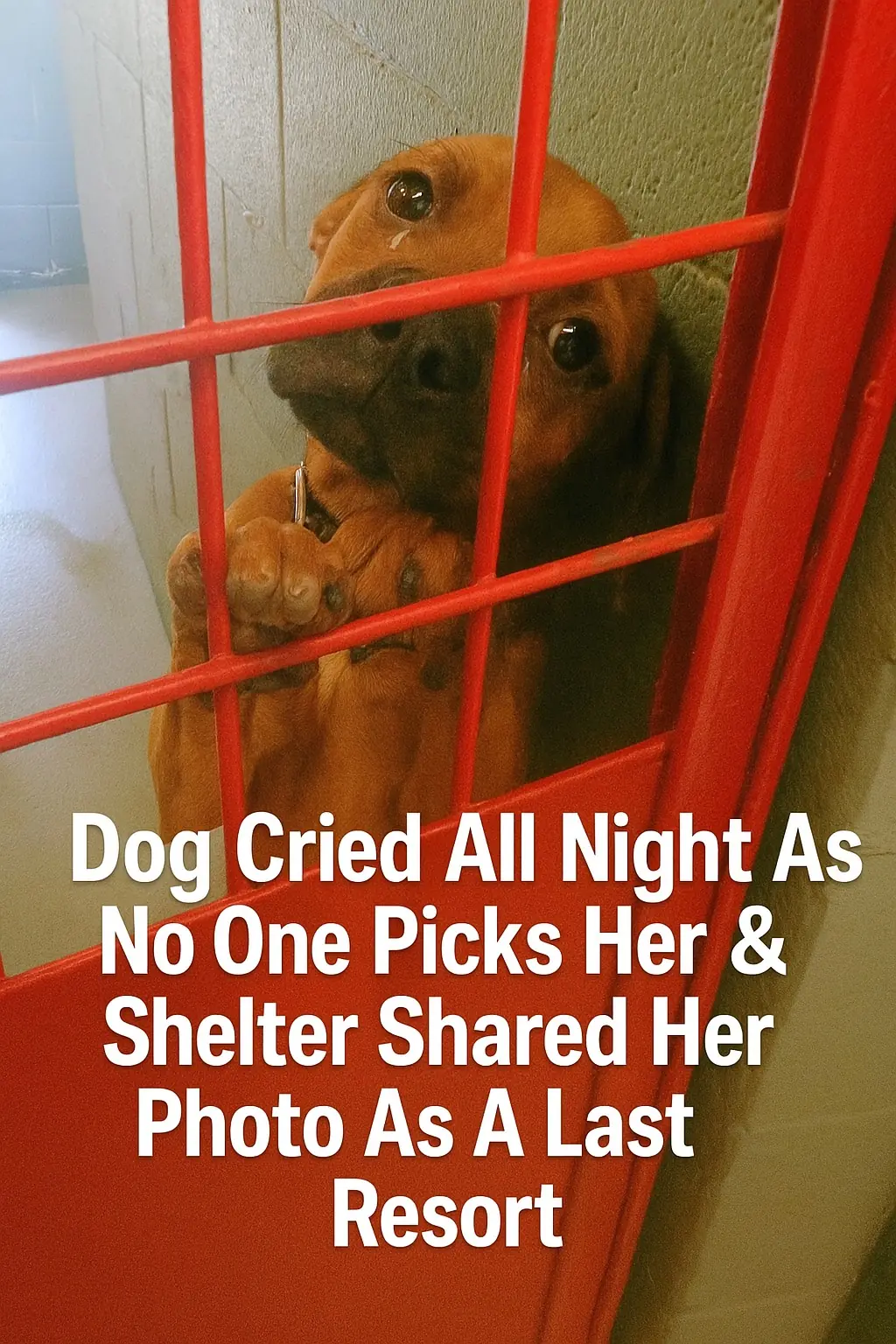
Dog waiting to be adopted ‘cries’ every night – shelter posts sad photo as one last hope
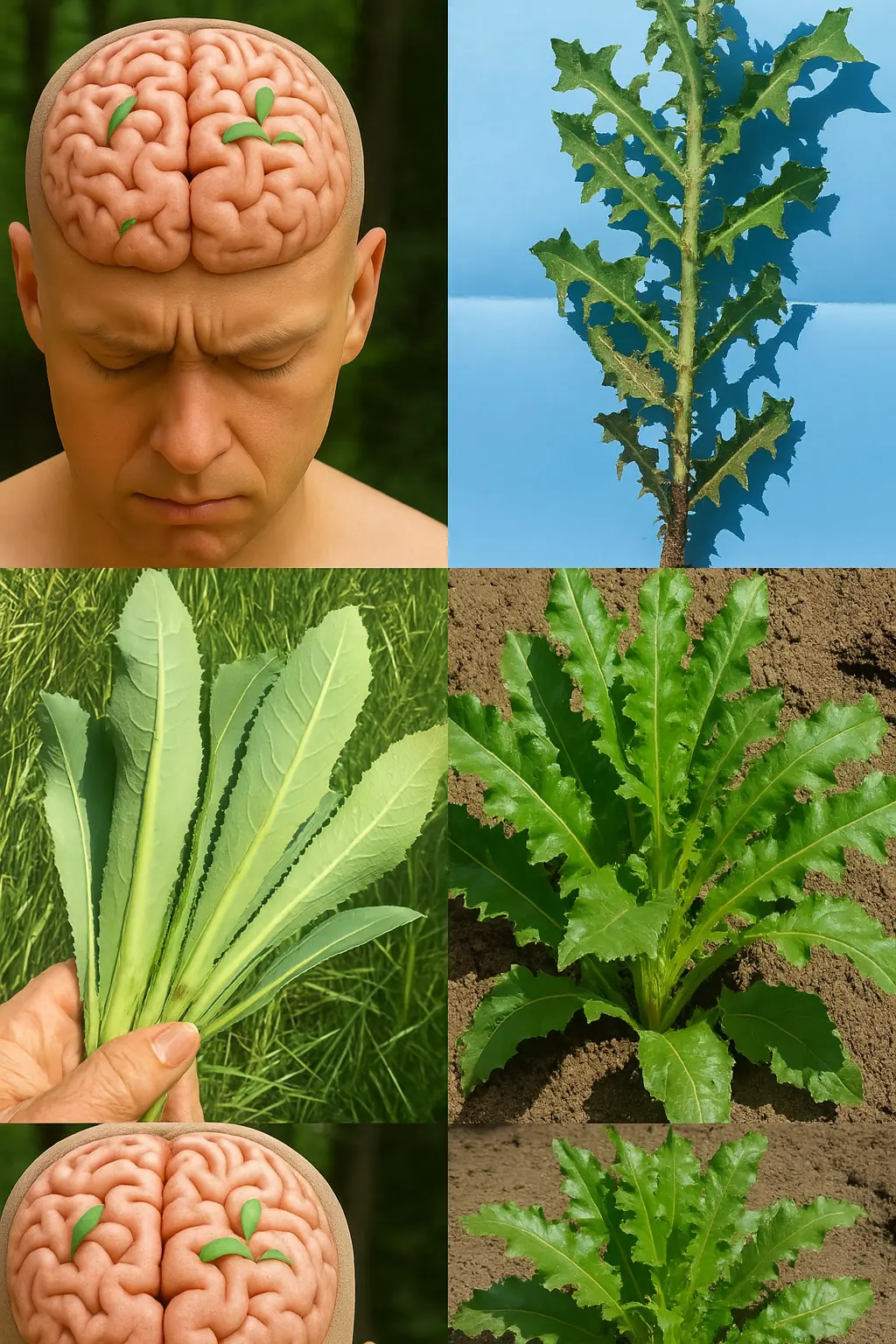
The Hidden Power of Prickly Lettuce: The Unpretentious Wonder of Nature ....

🍫 Triple Chocolate Drip Cake with Truffles & Ganache Drip
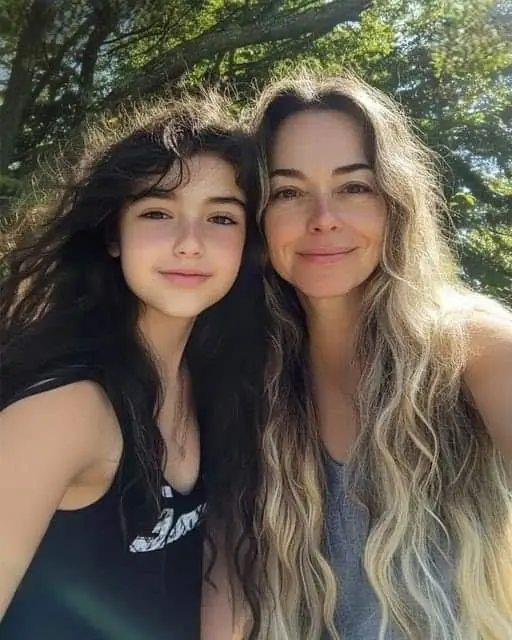
My neighbor requested that I care for her 6 children – I called children services a couple of hours after she left
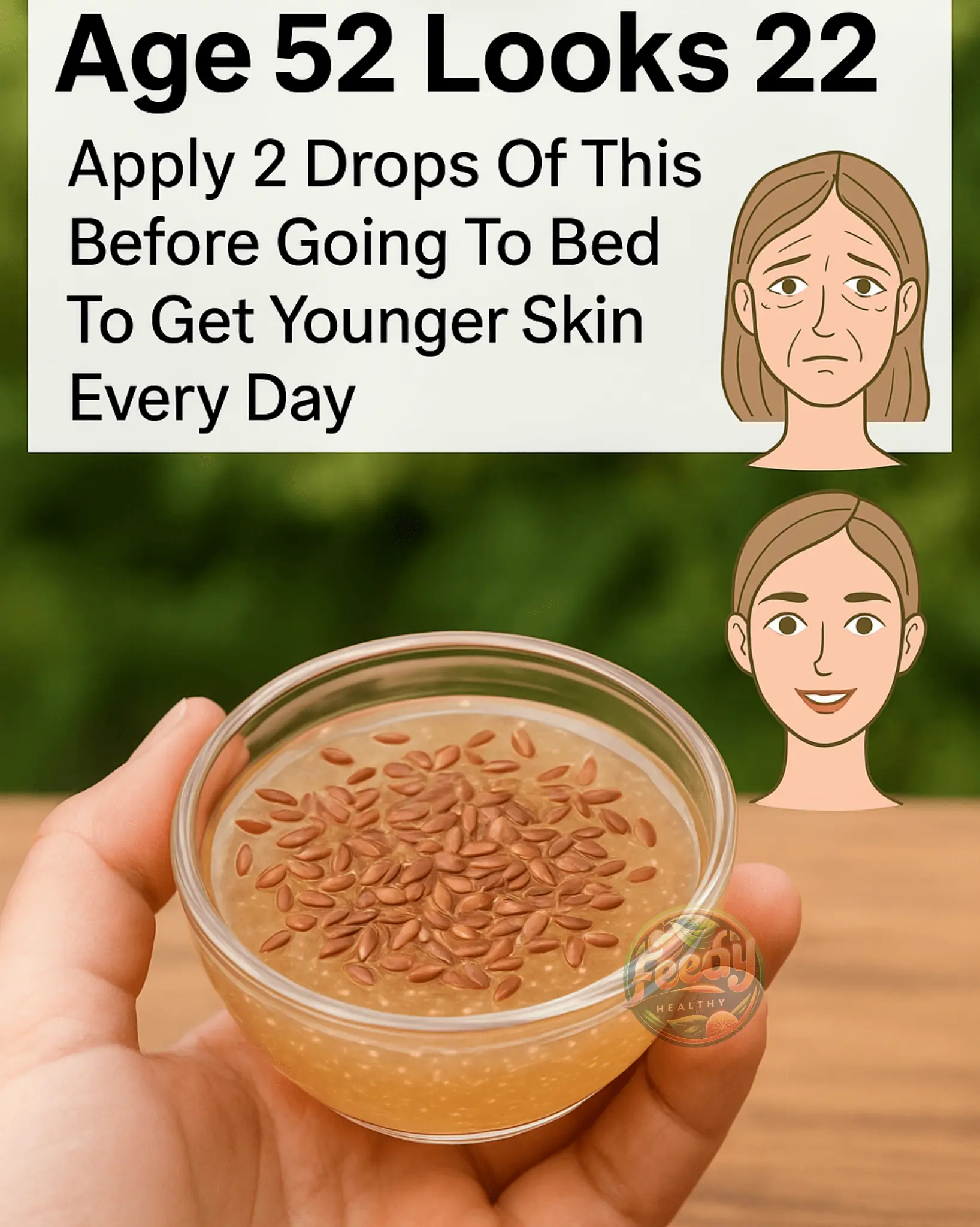
Flaxseeds Sleeping Mask That Will Transform Your Skin

At 60, I Healed Cancer, High Blood Pressure, Diabetes, and Poor Circulation – Thanks to This Natural Drink
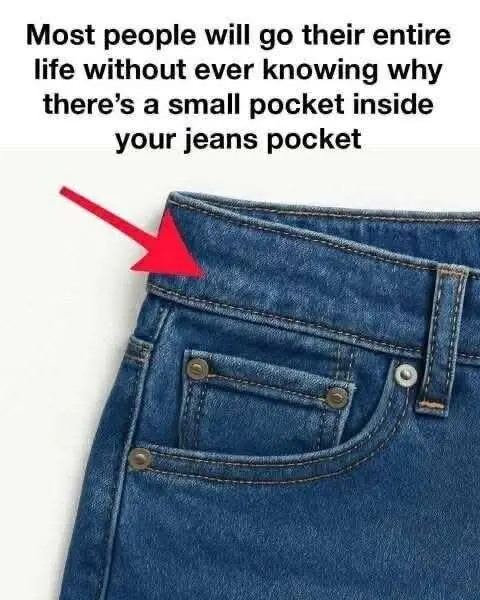
The story behind the tiny pocket on your jeans
